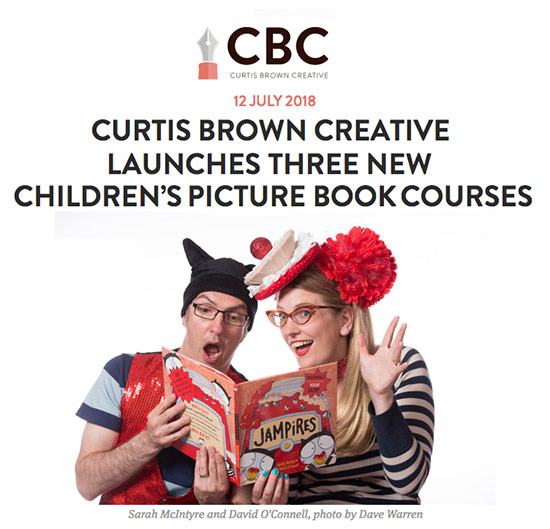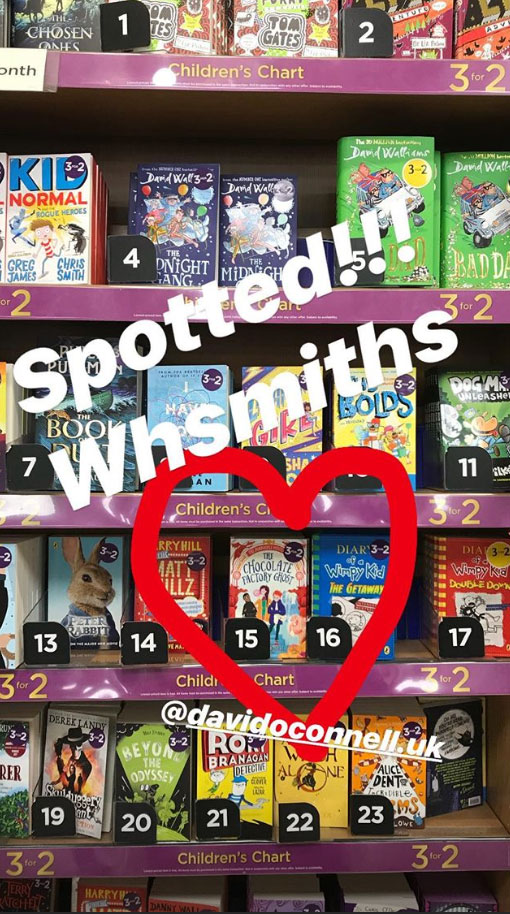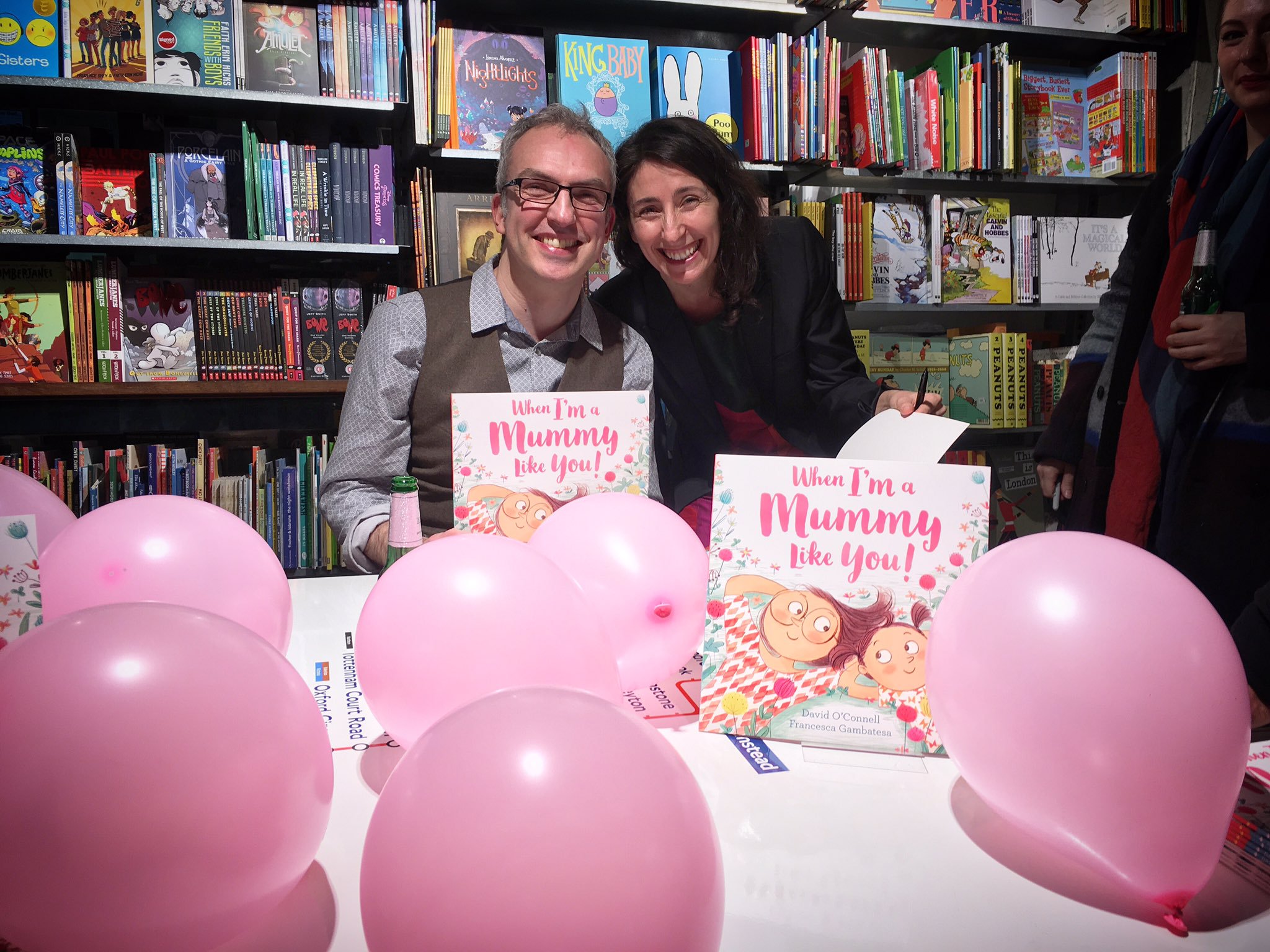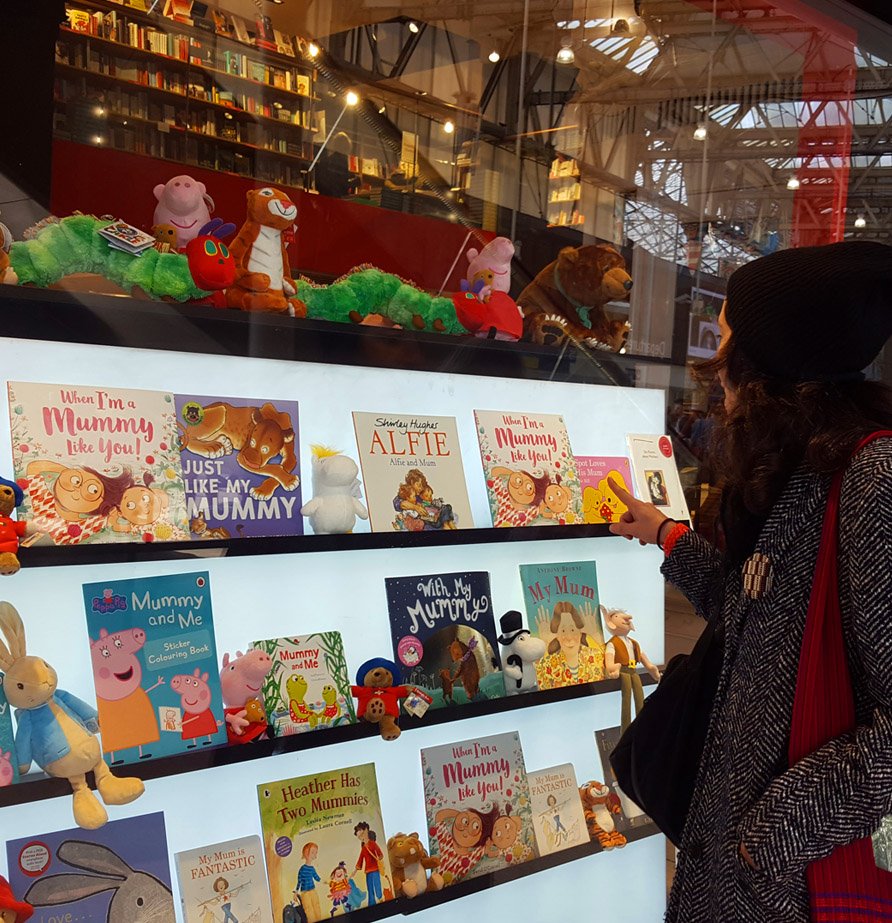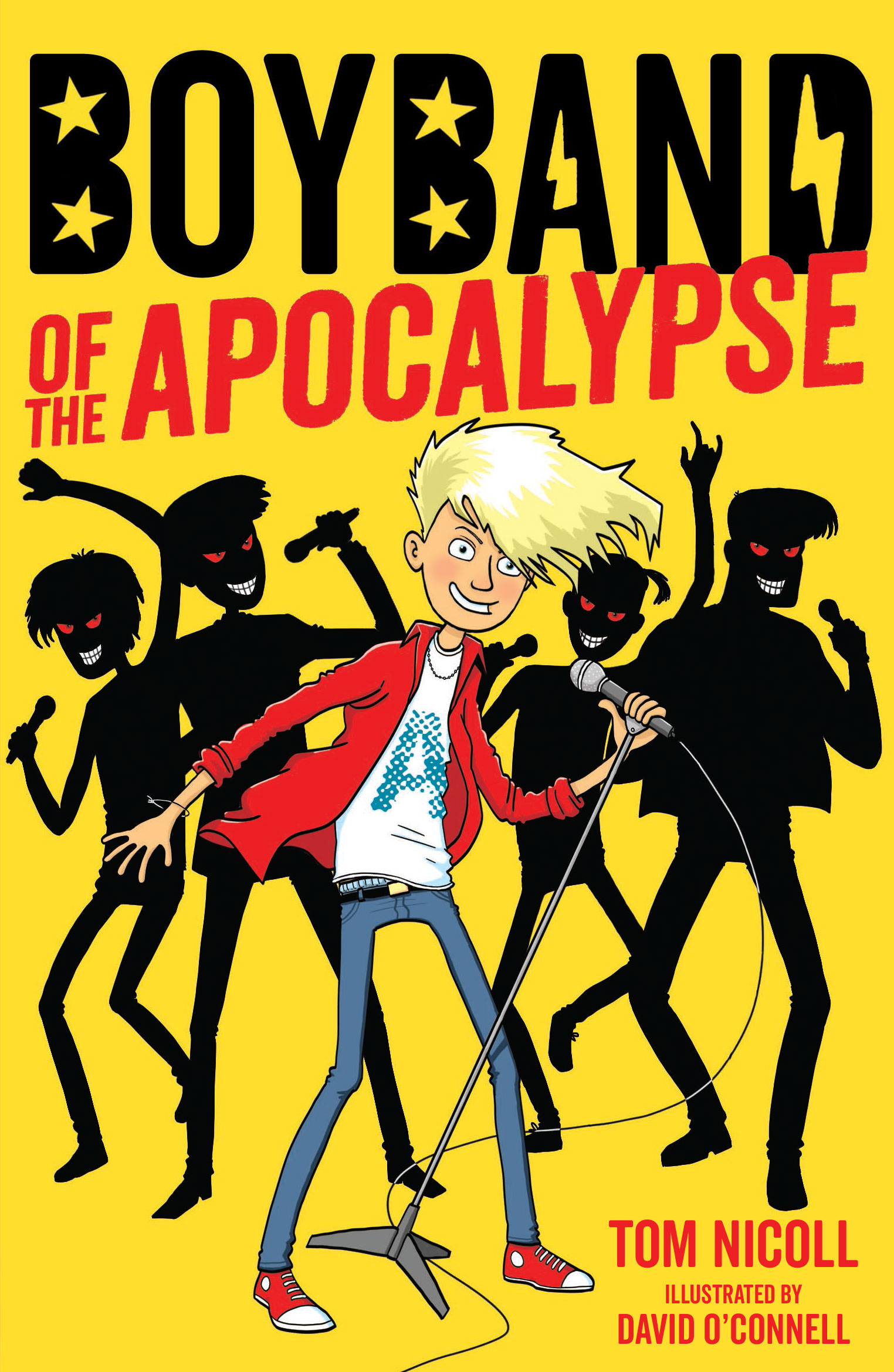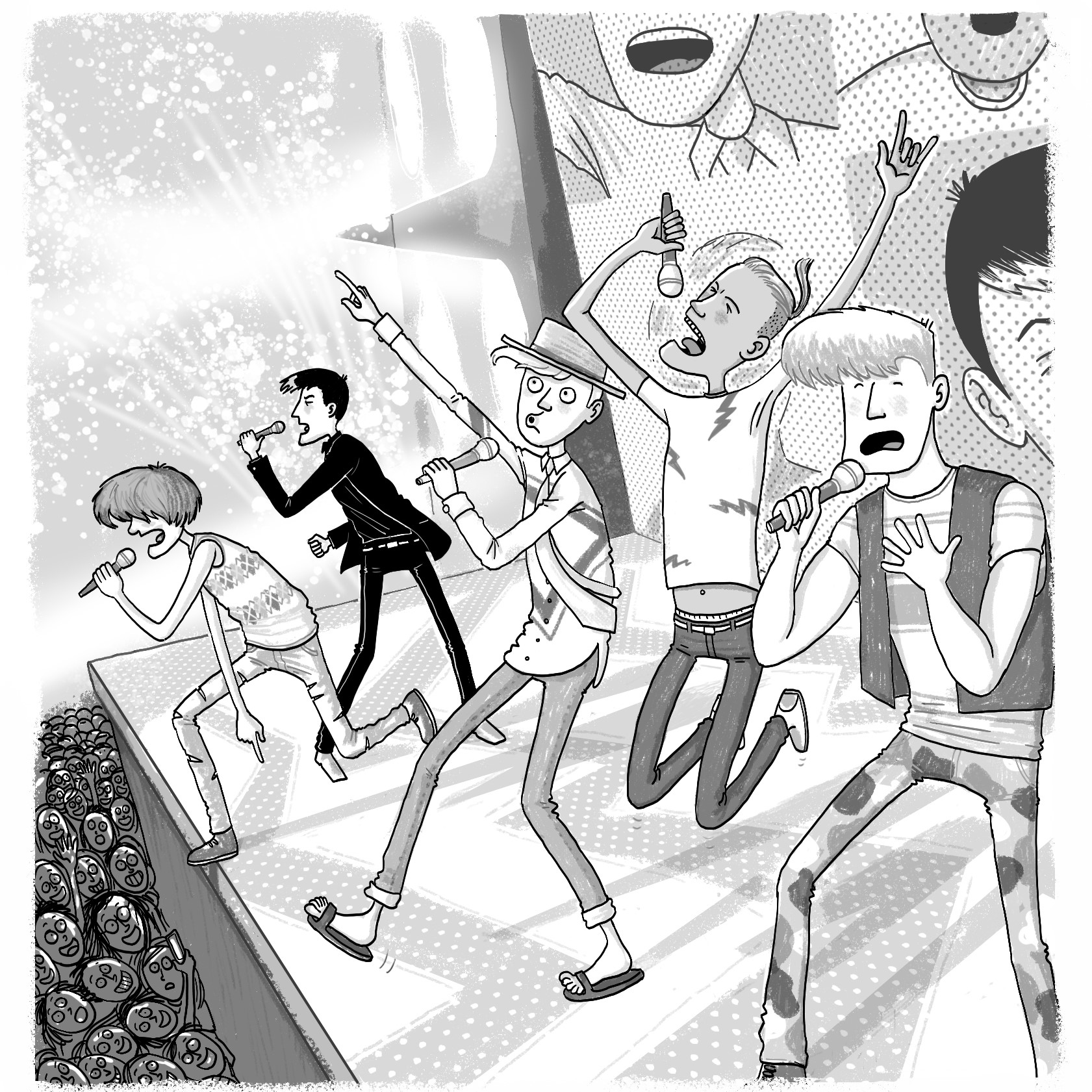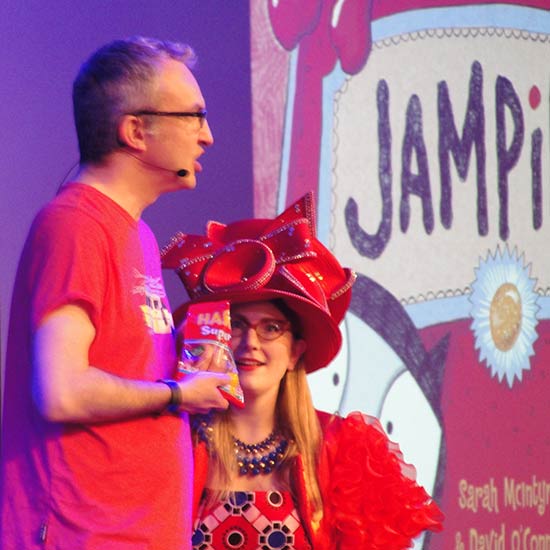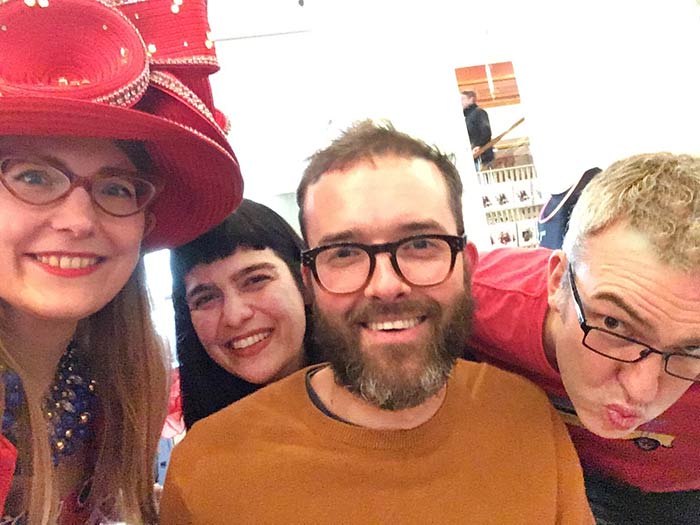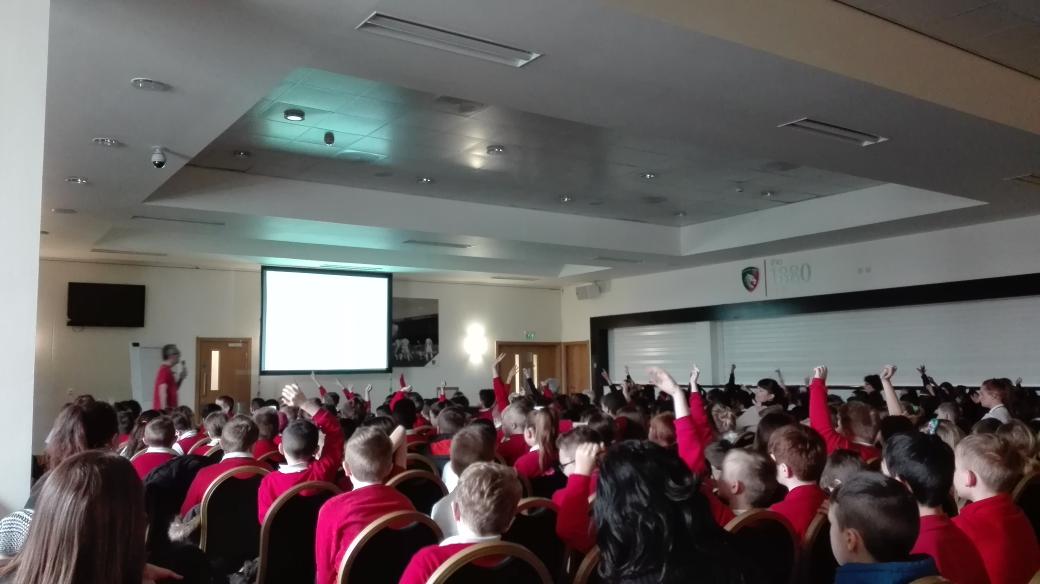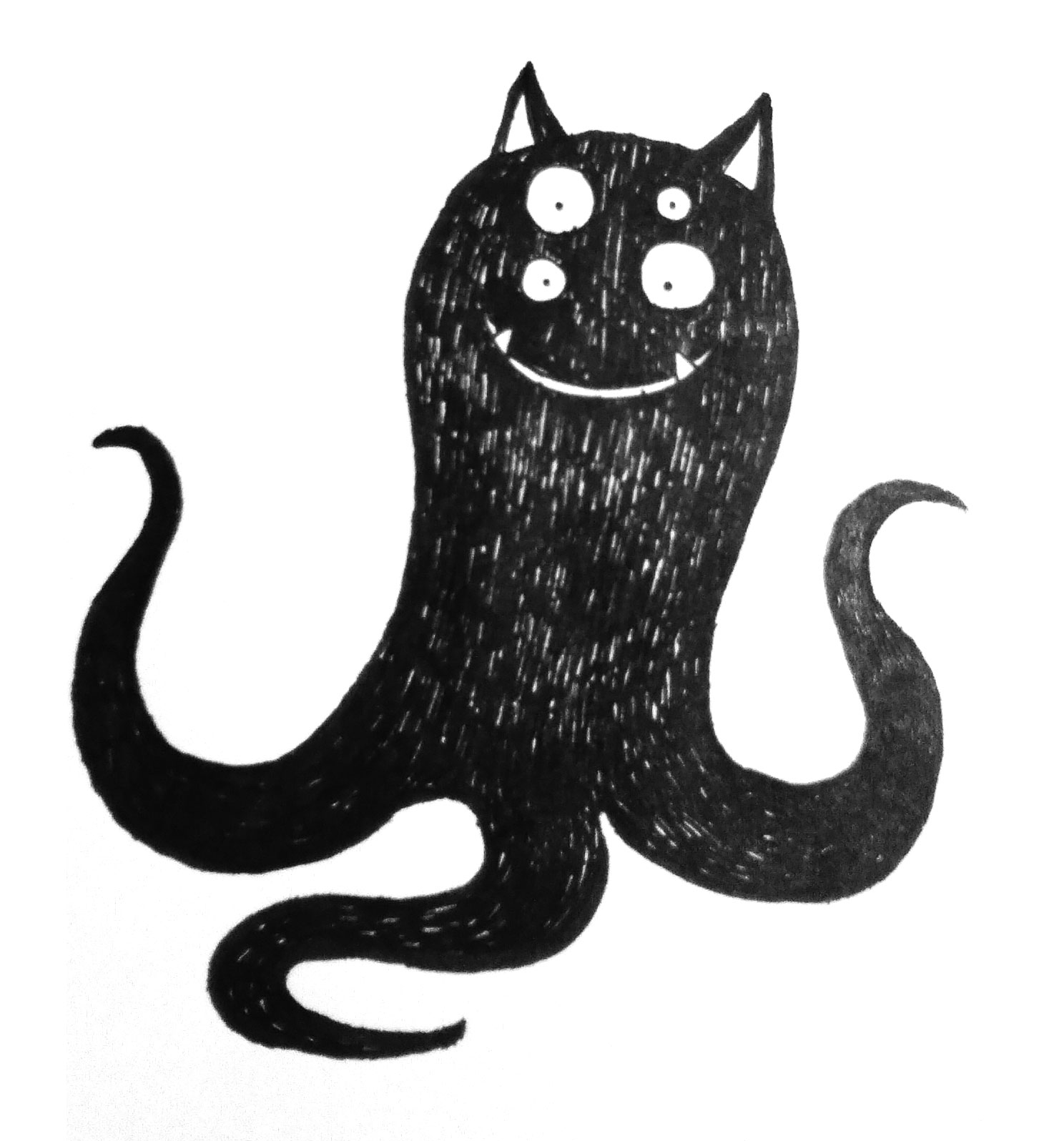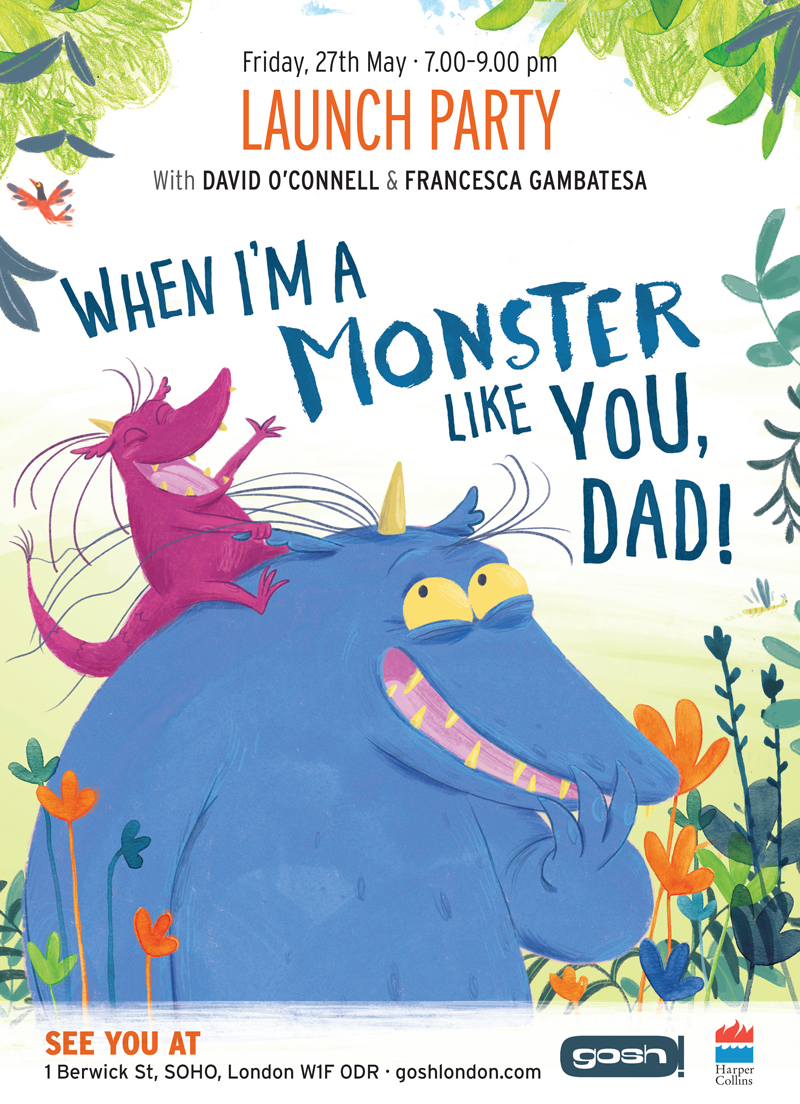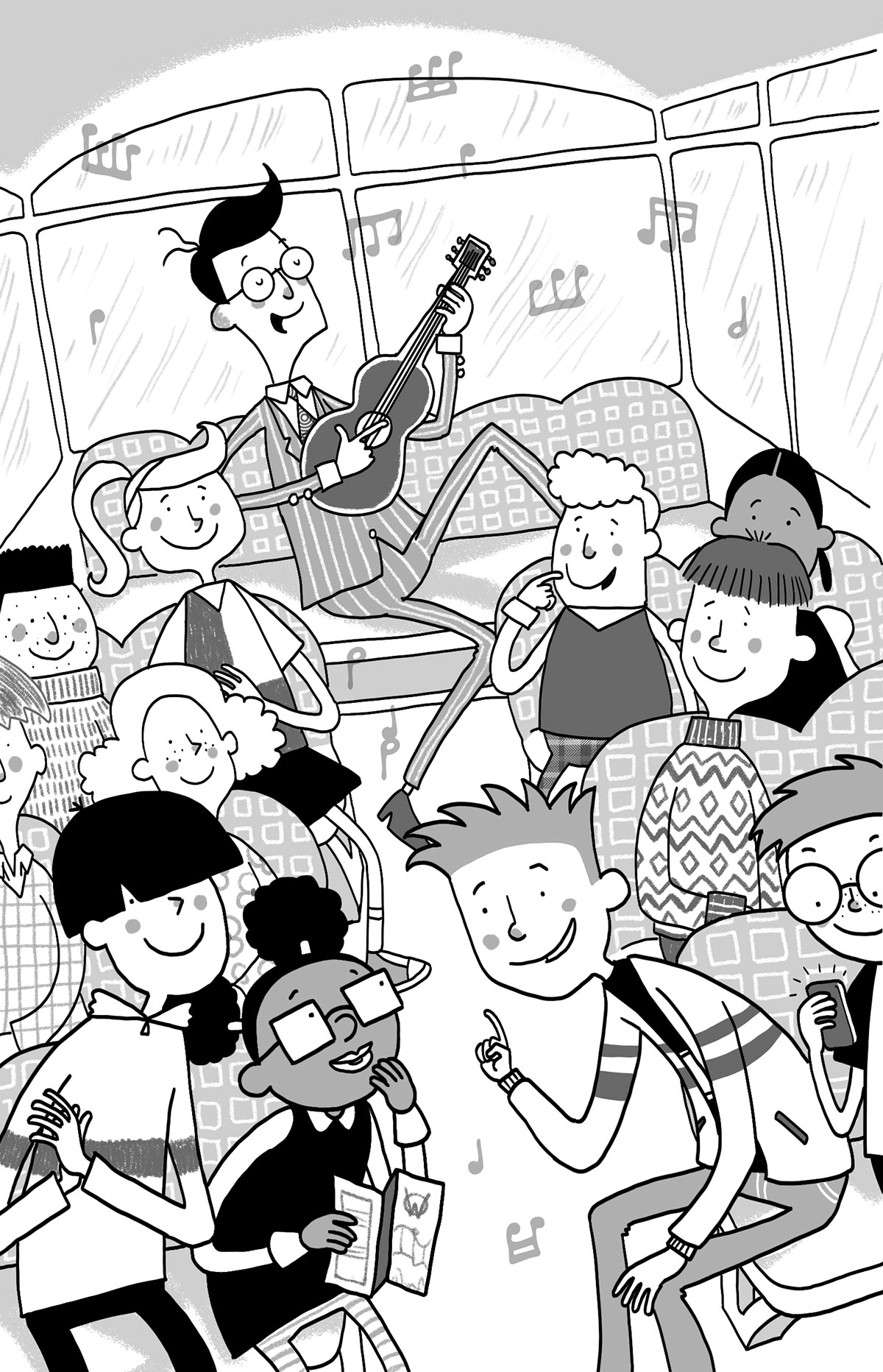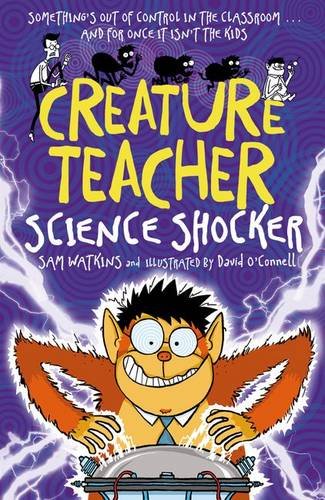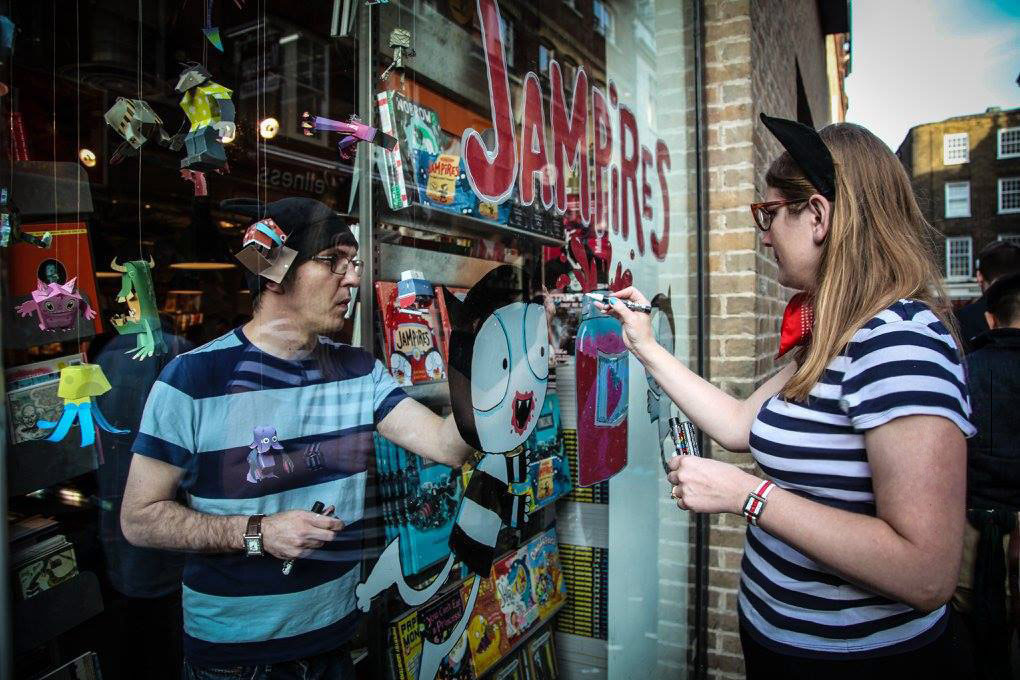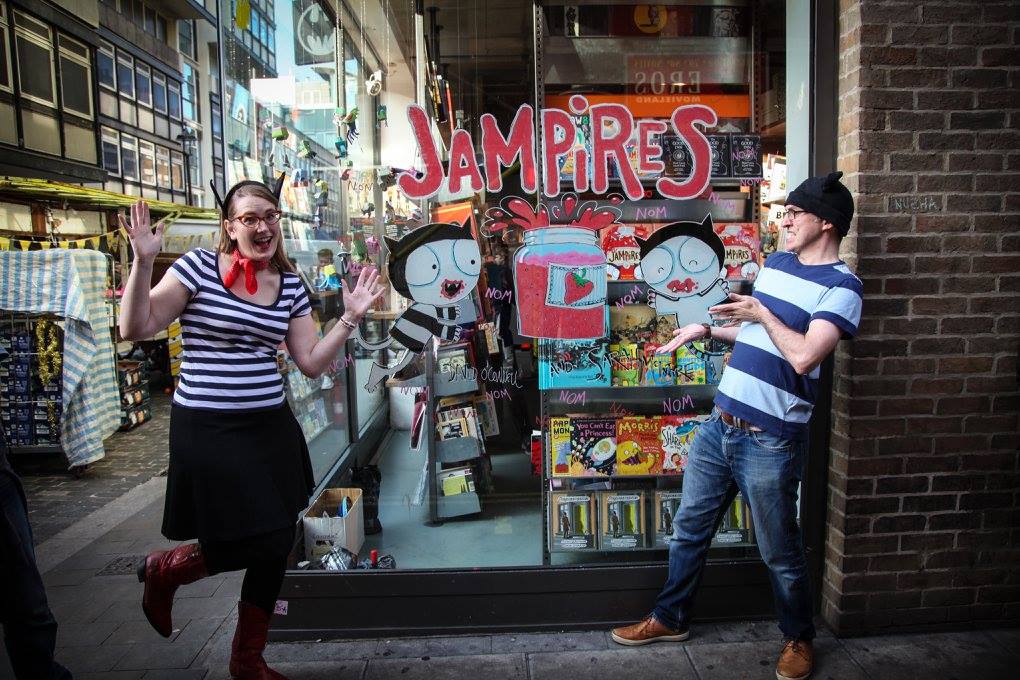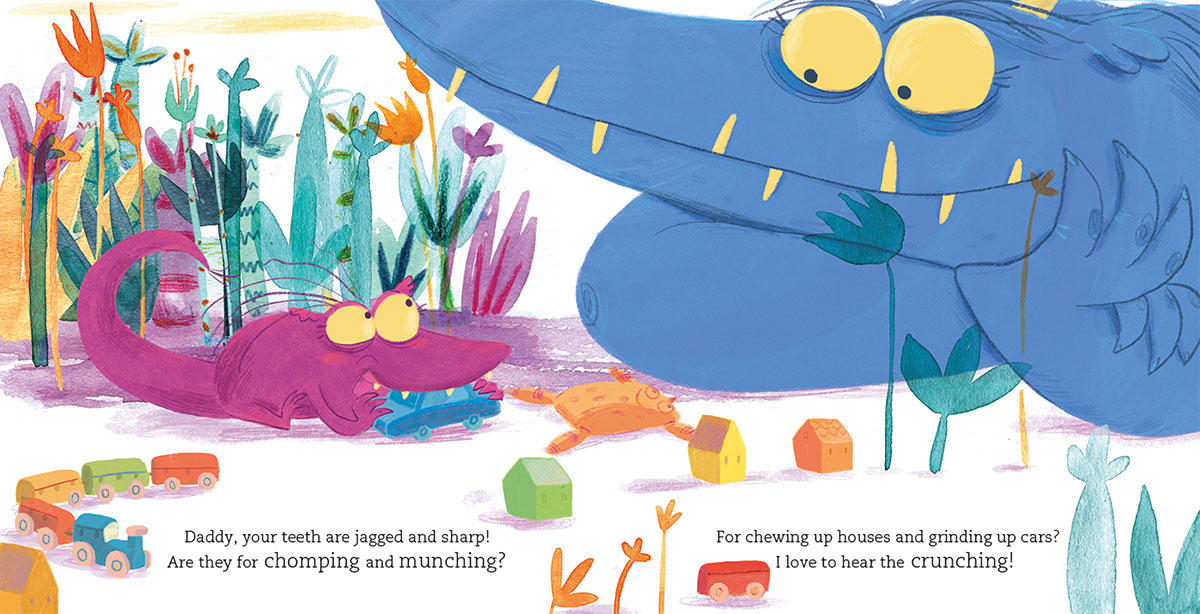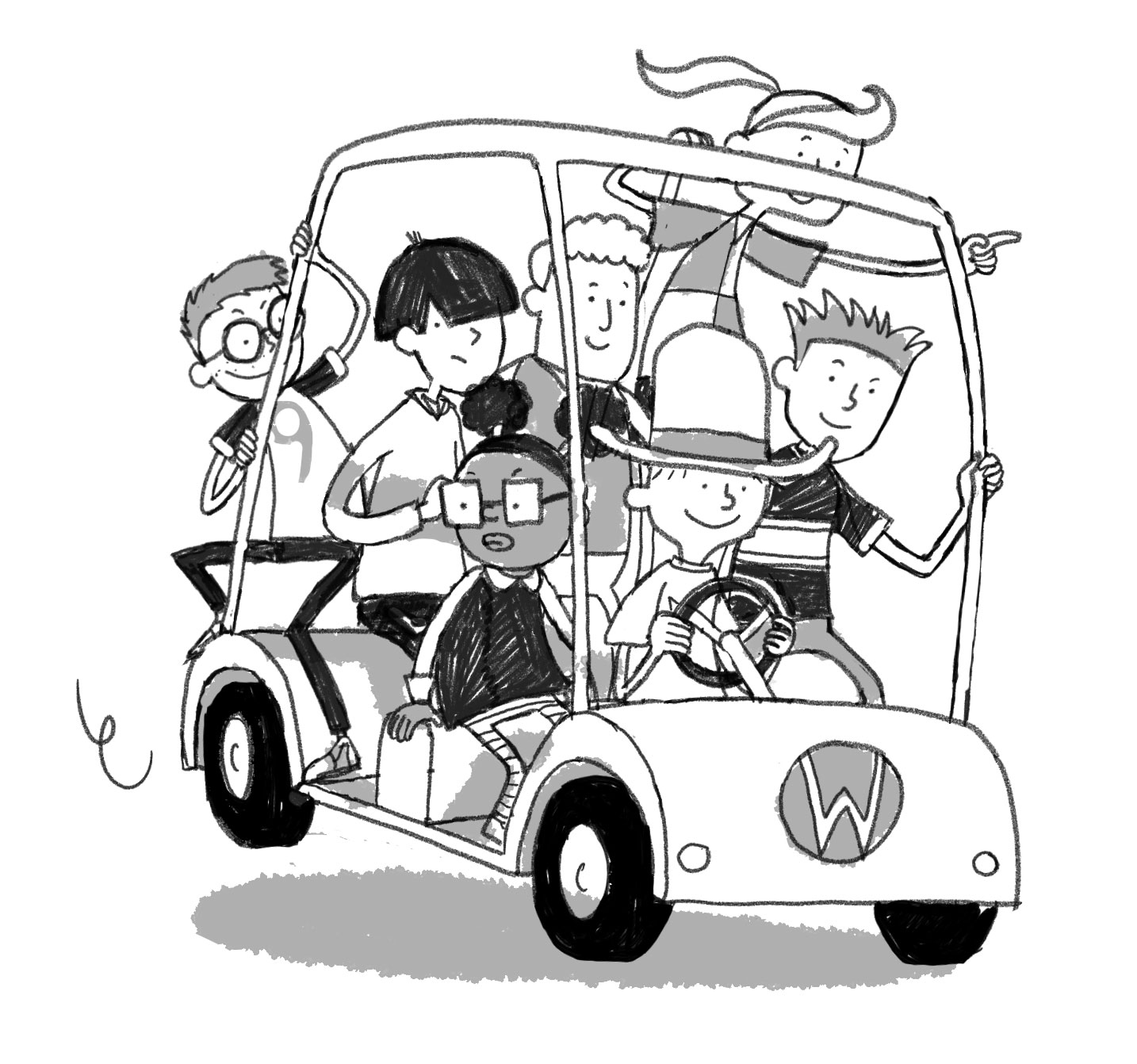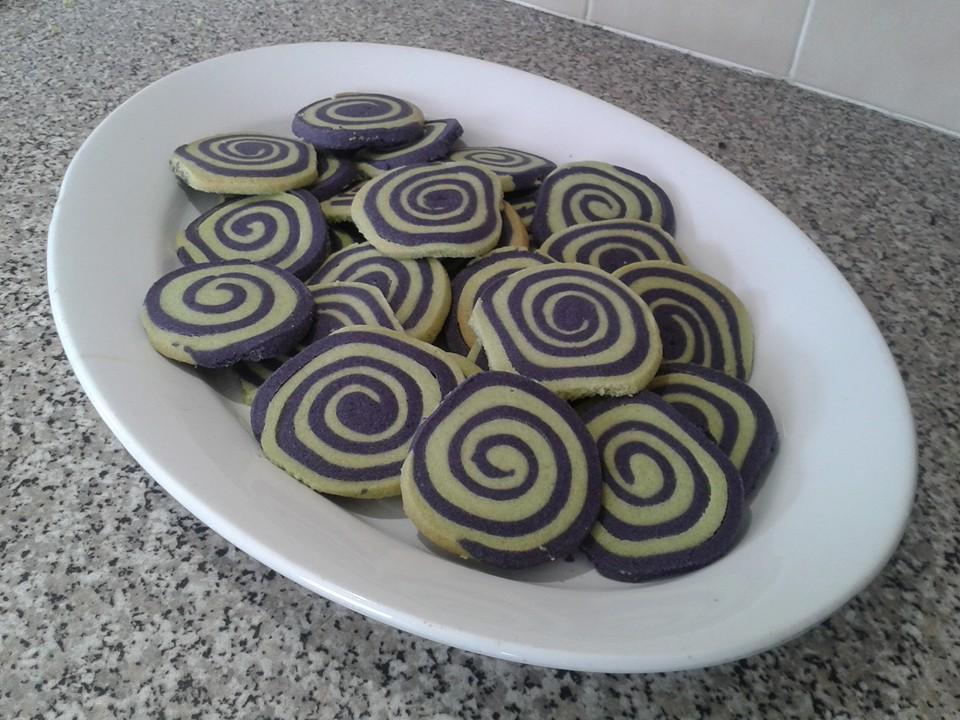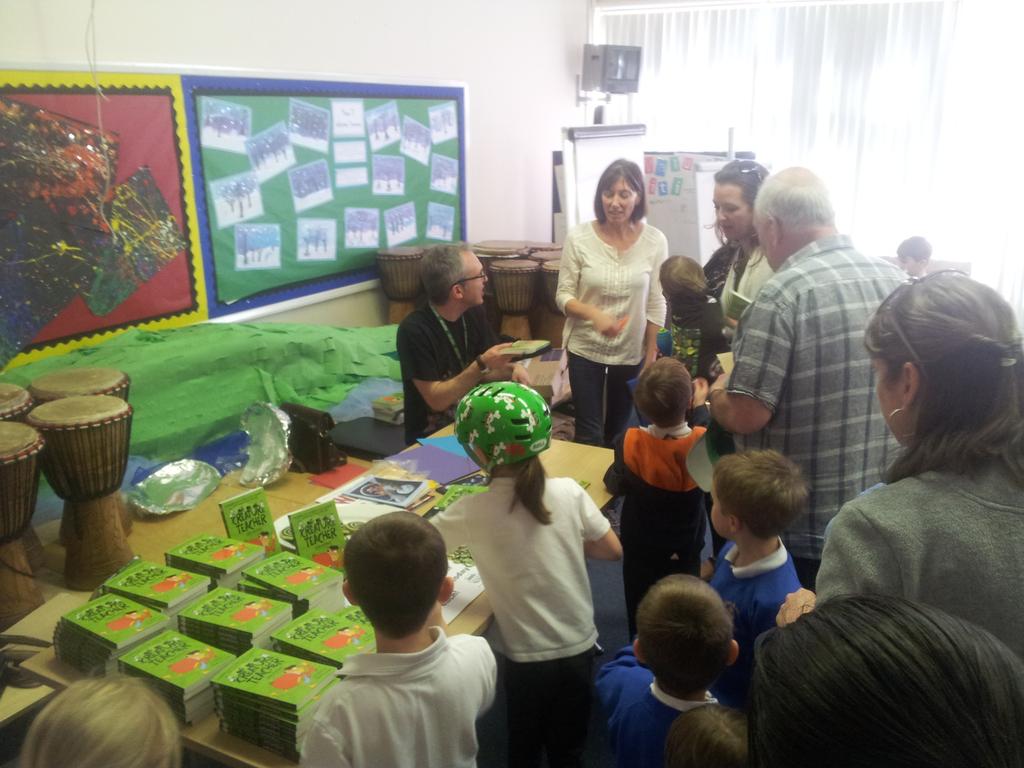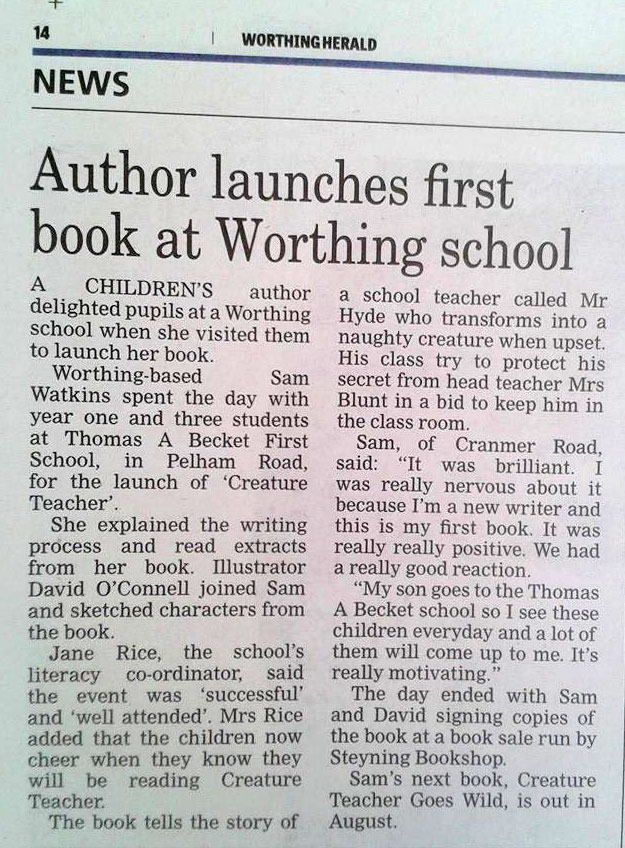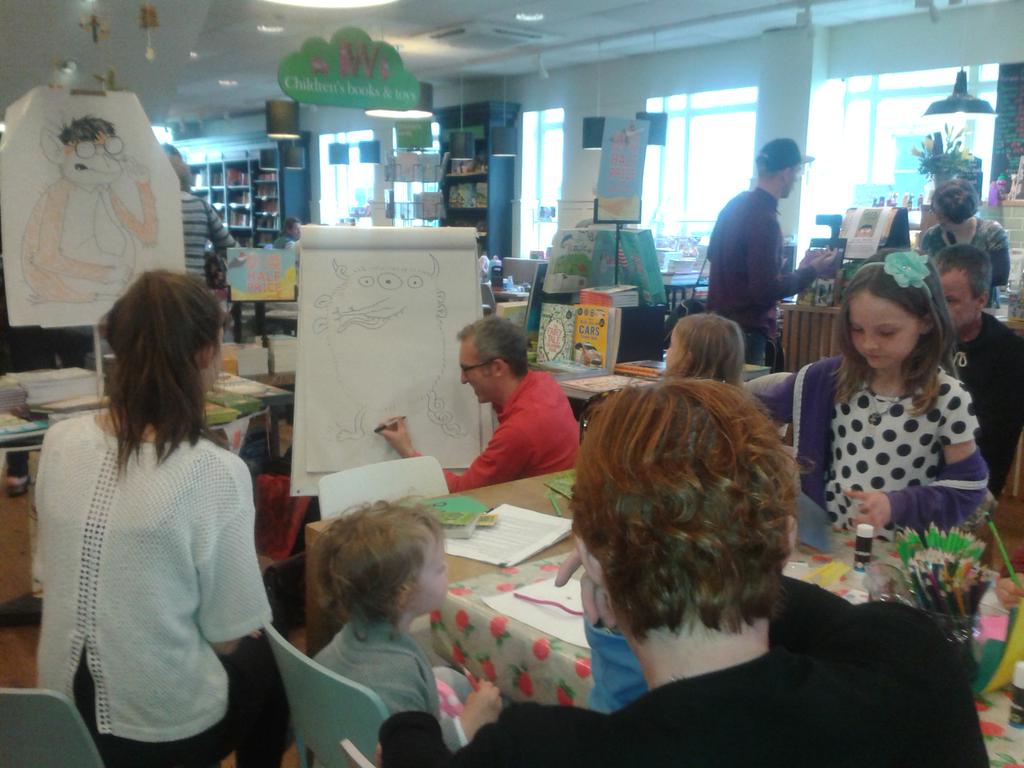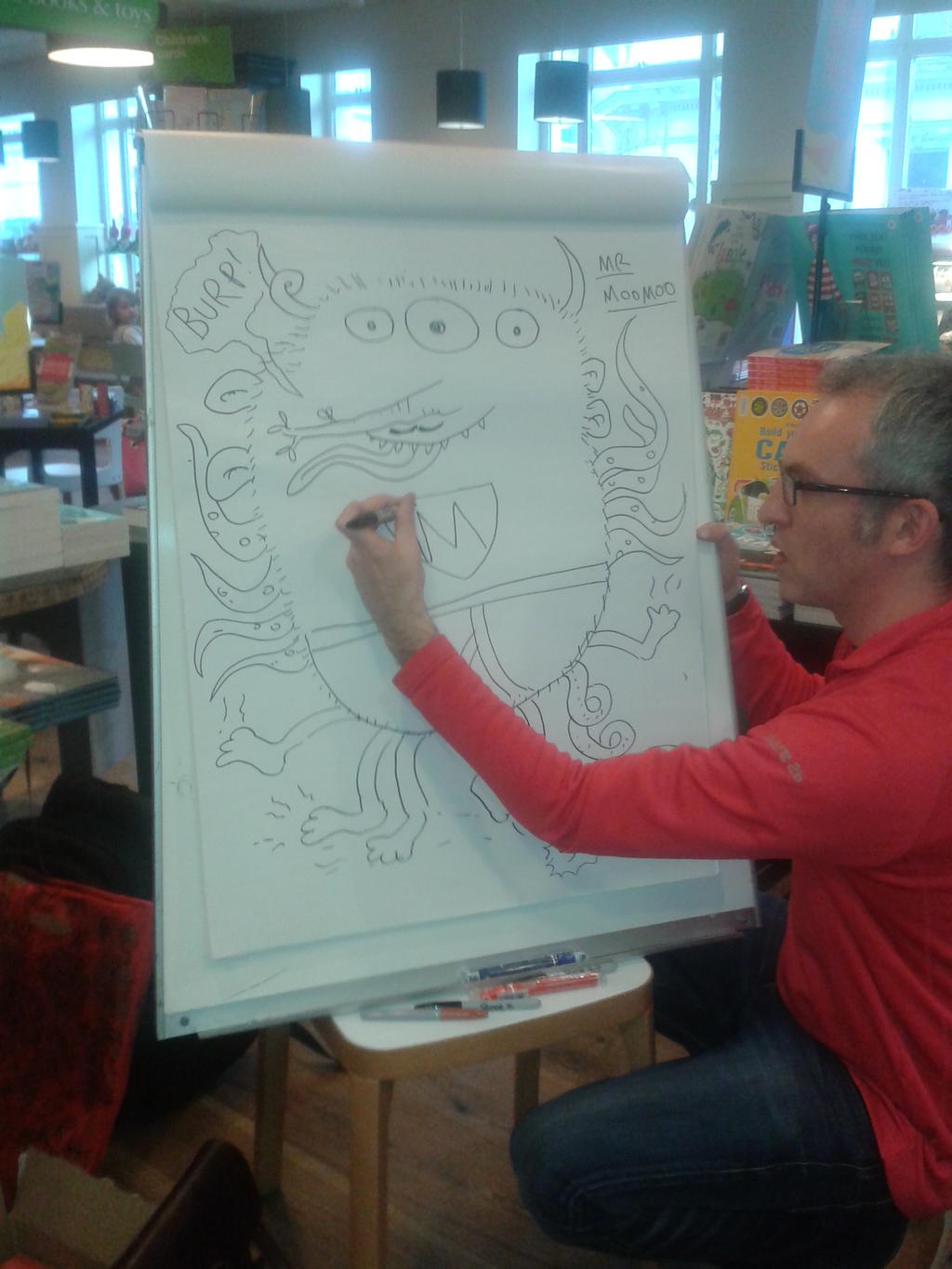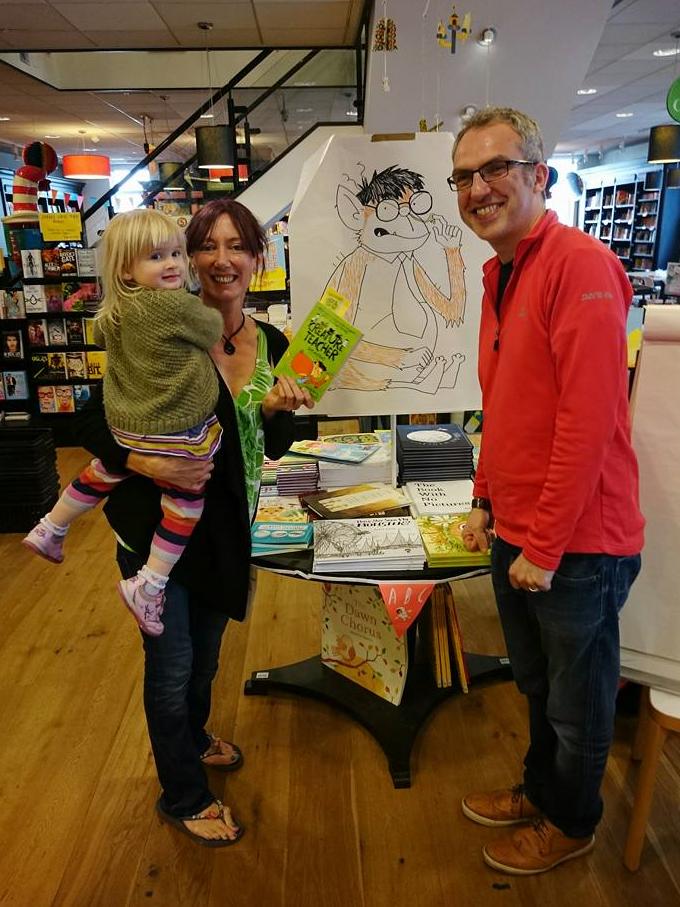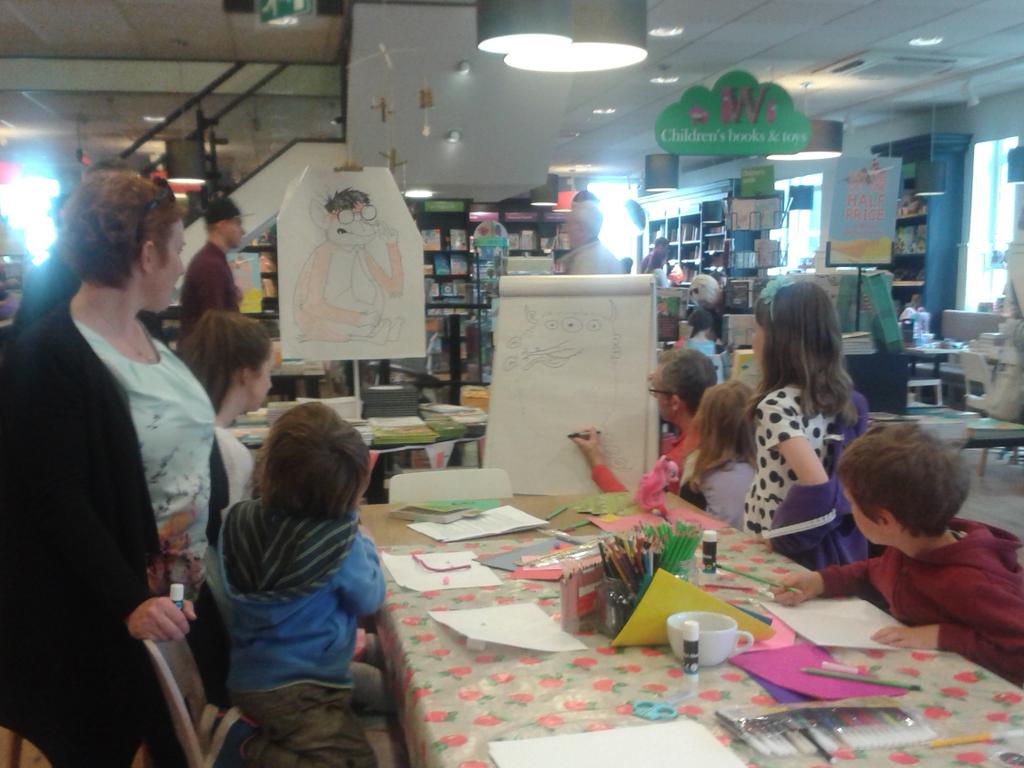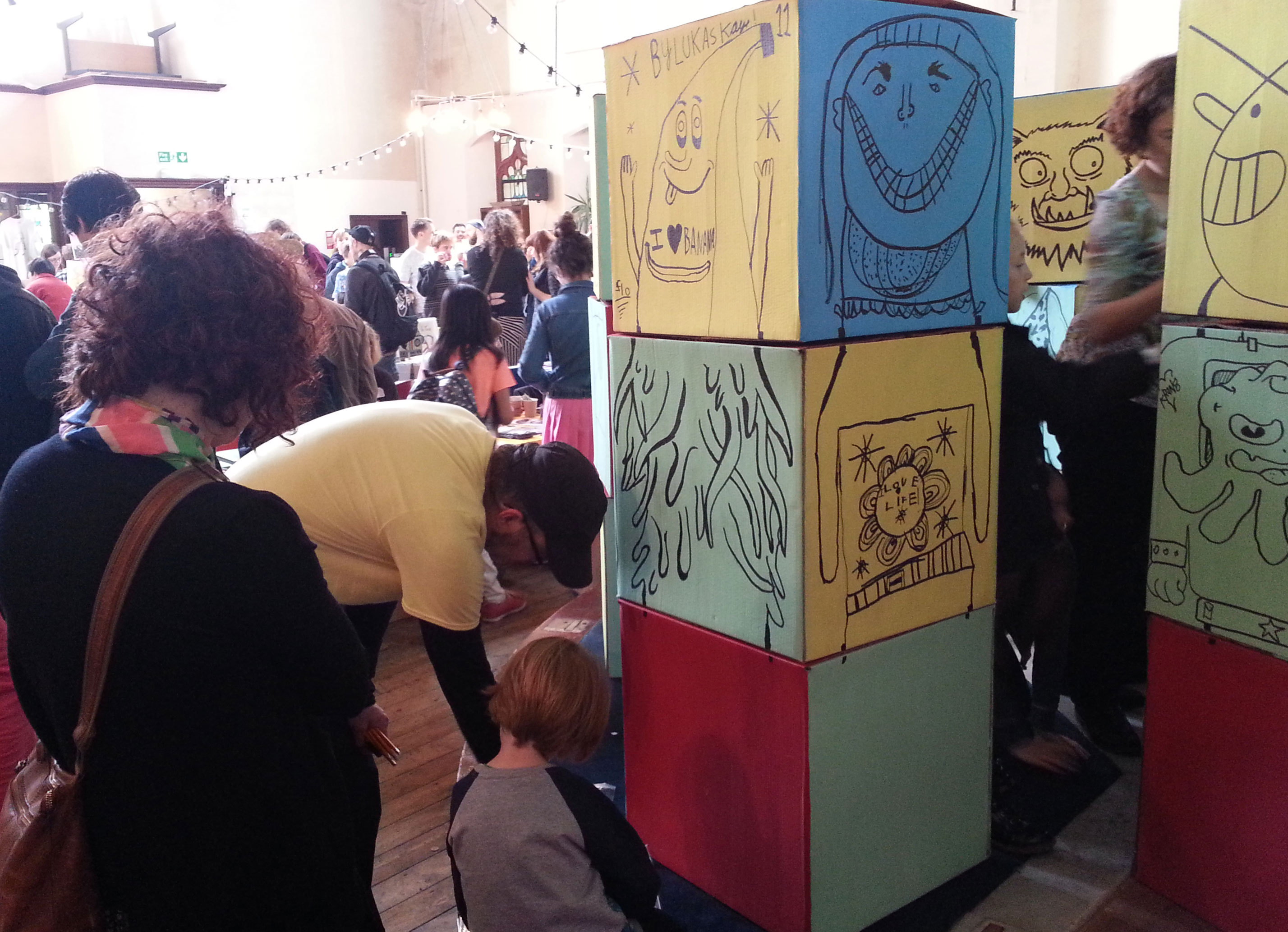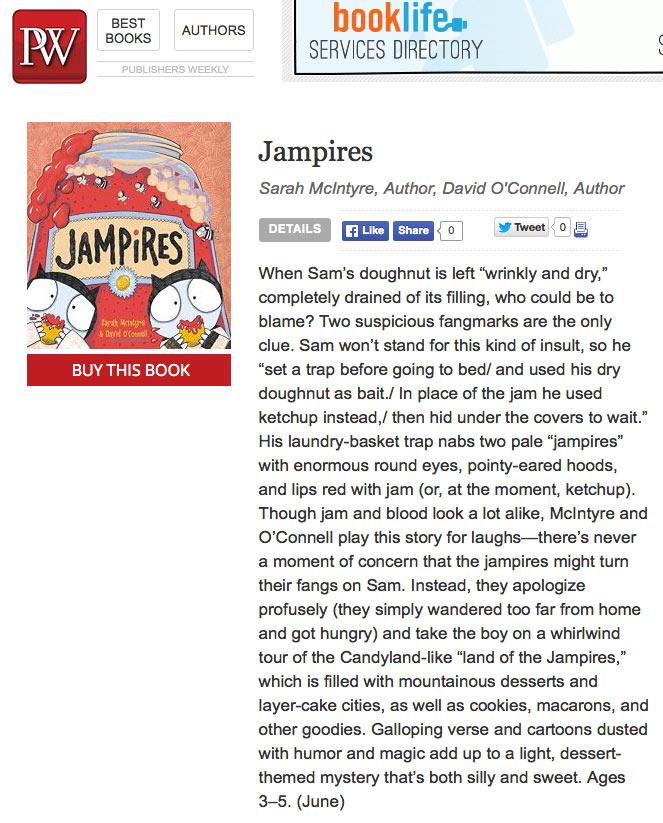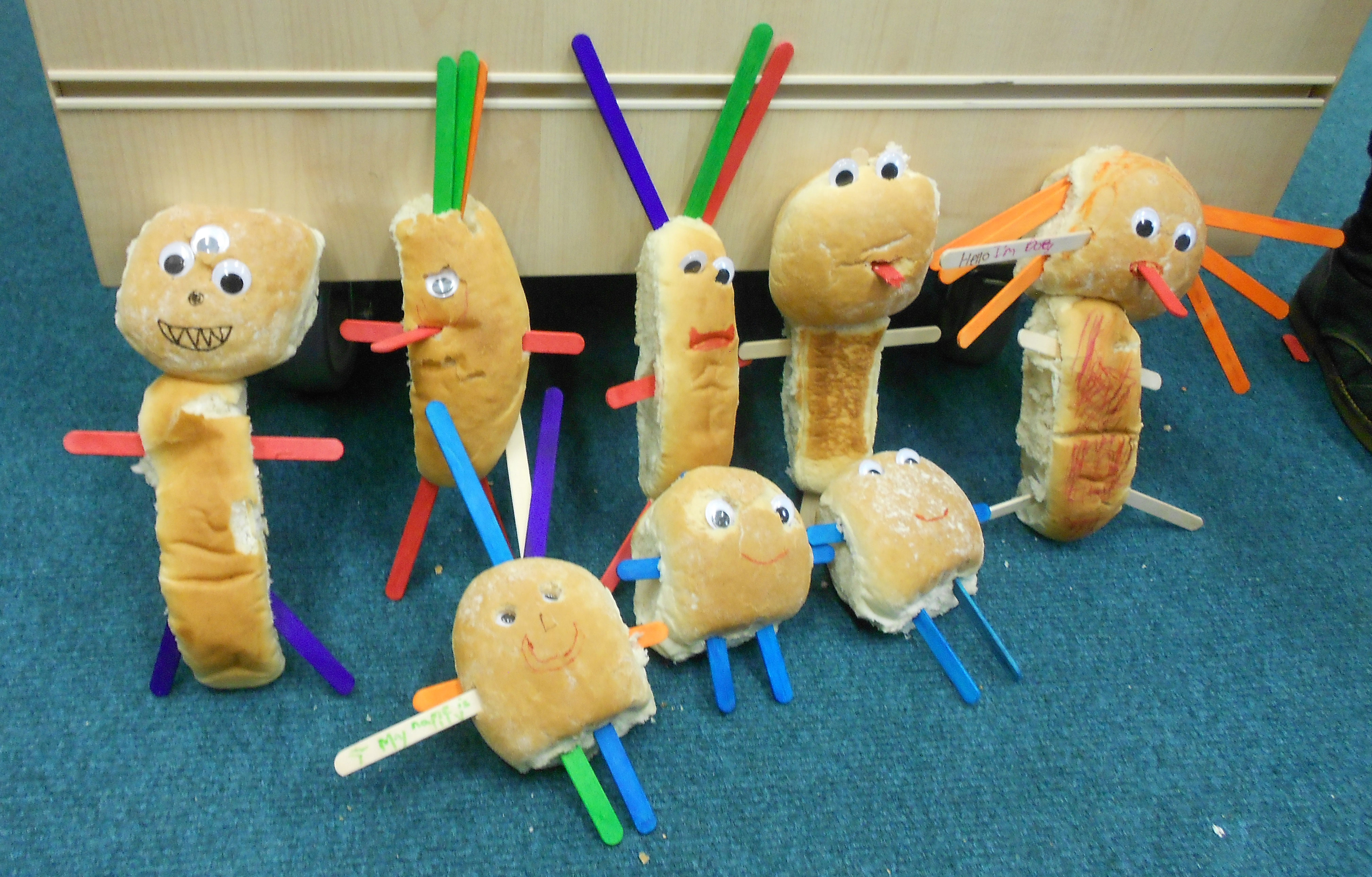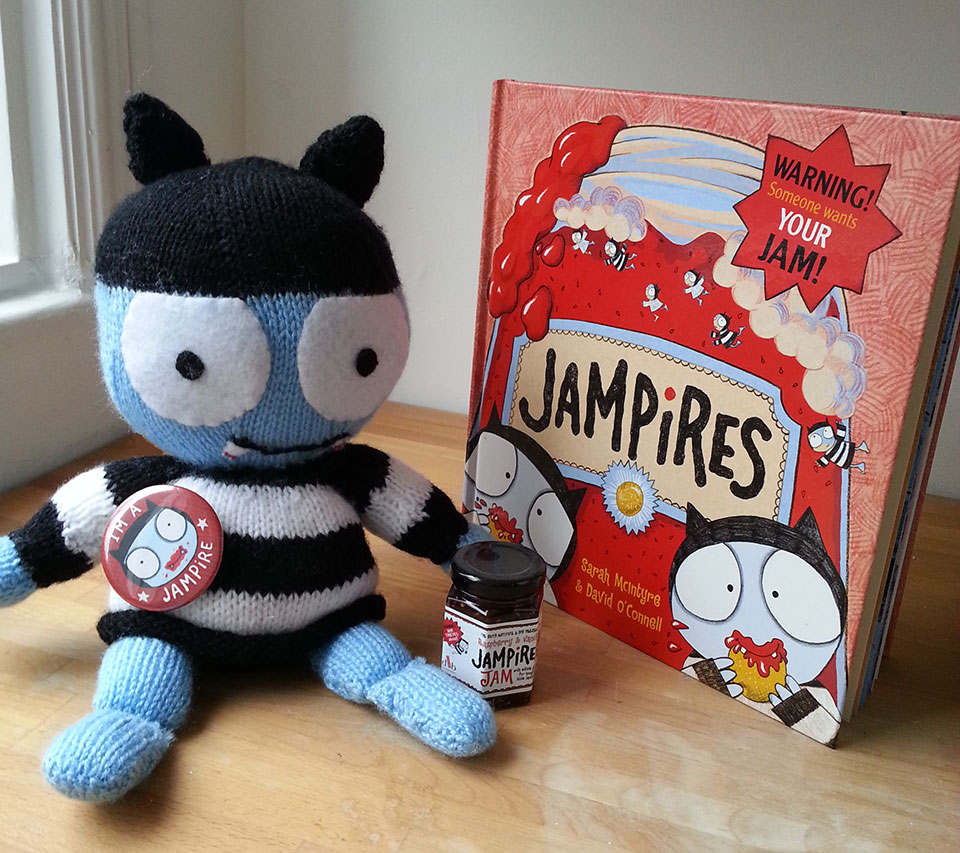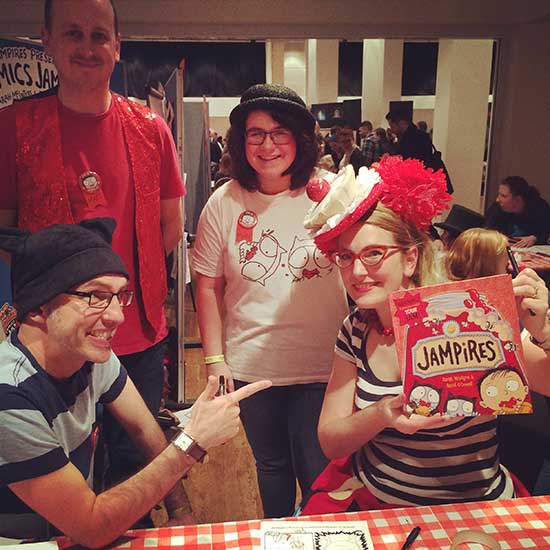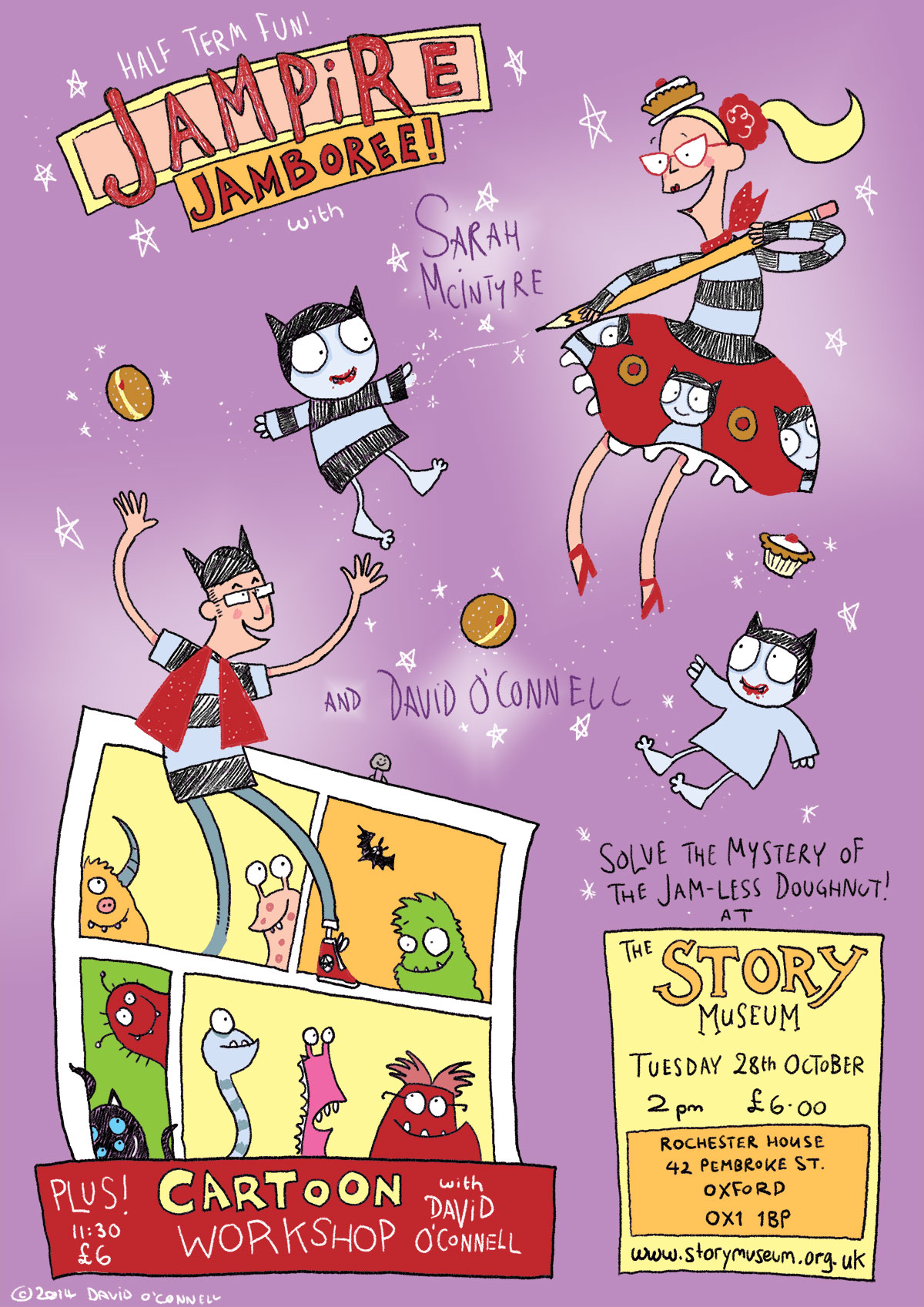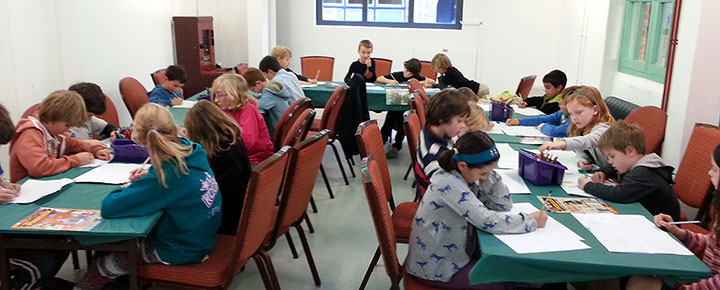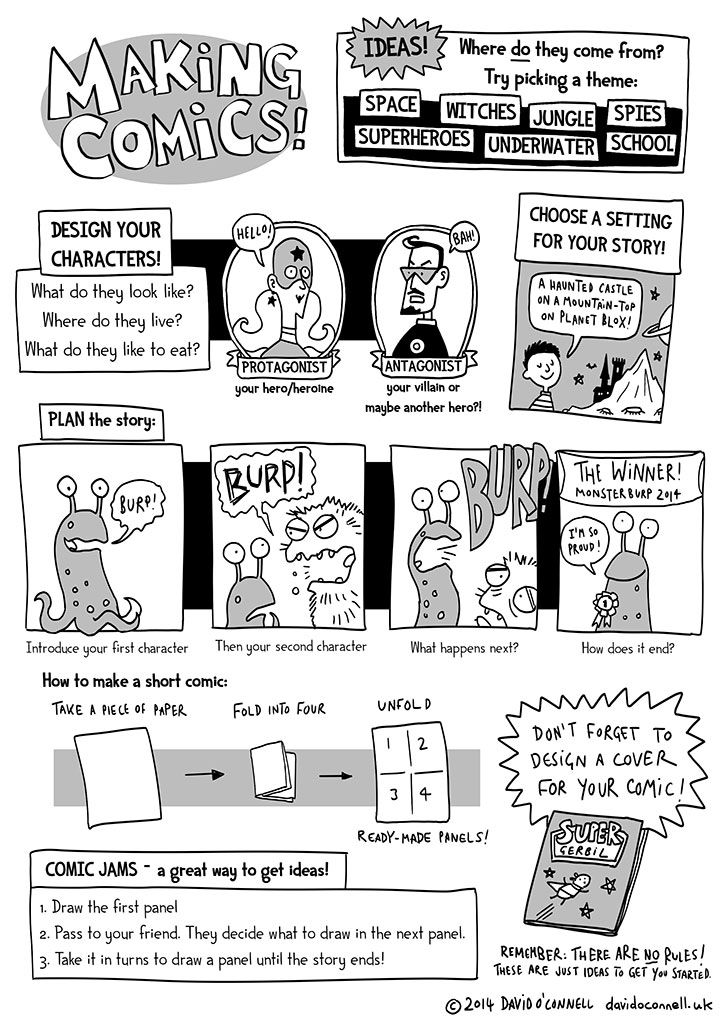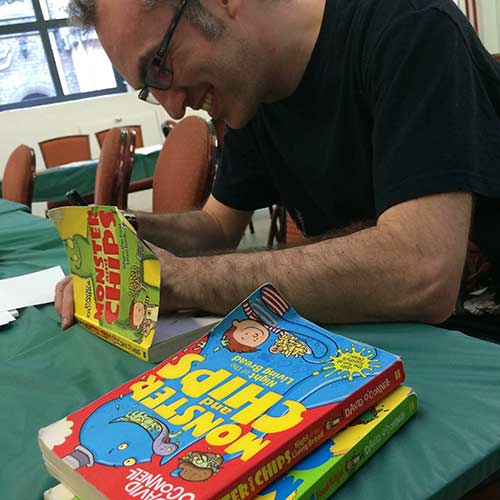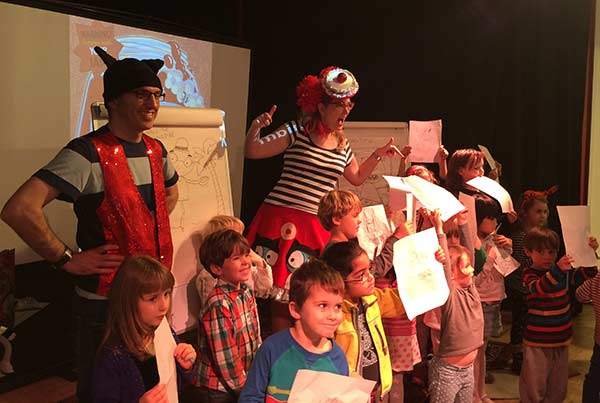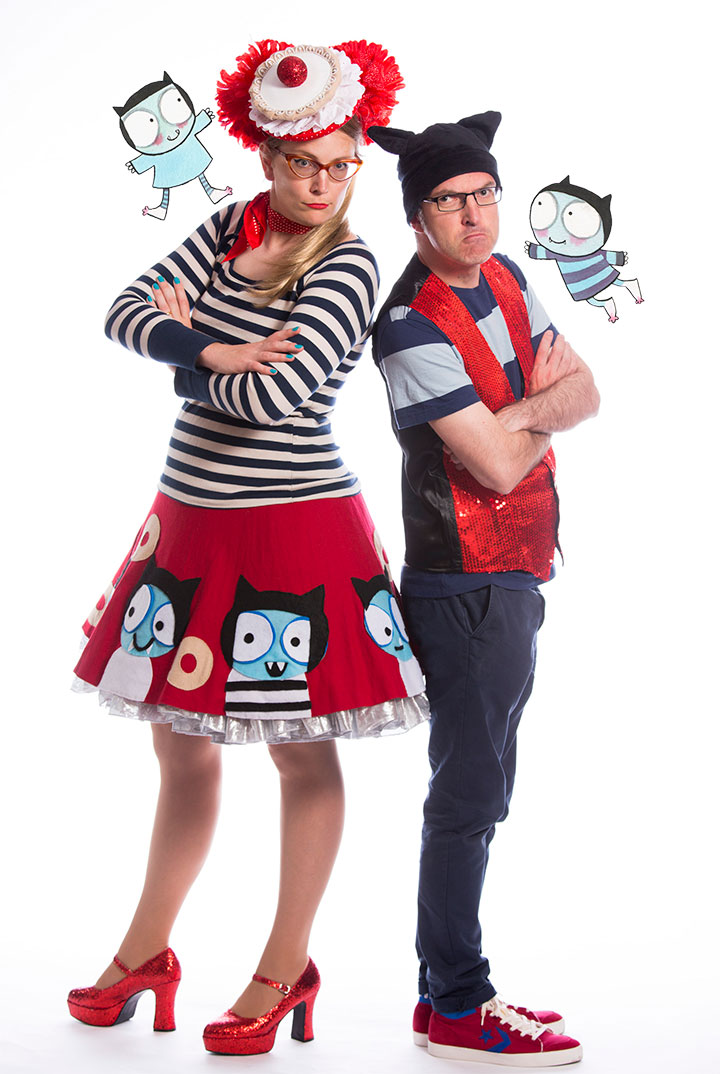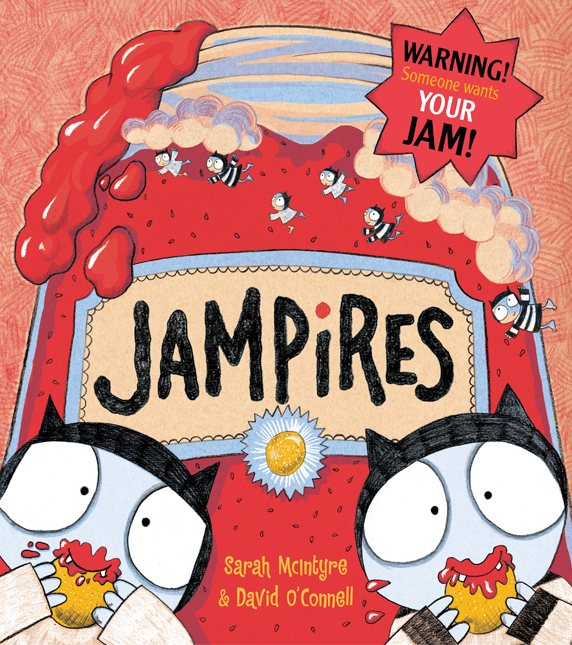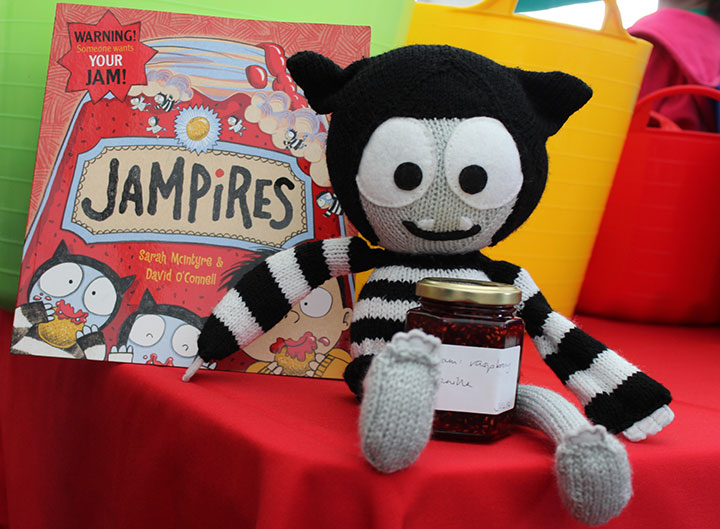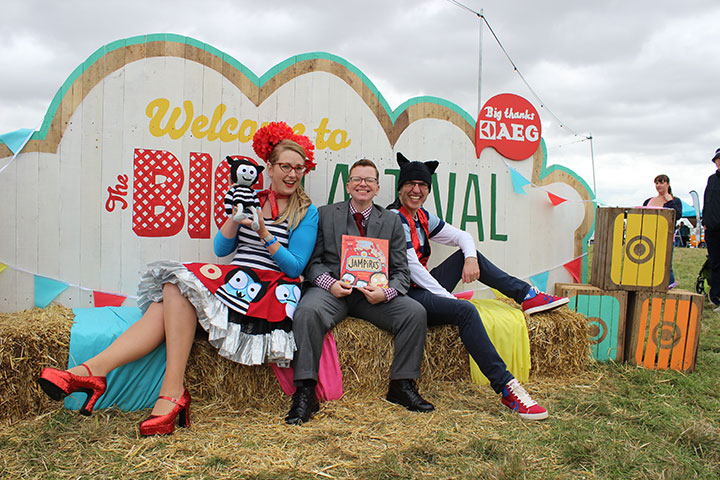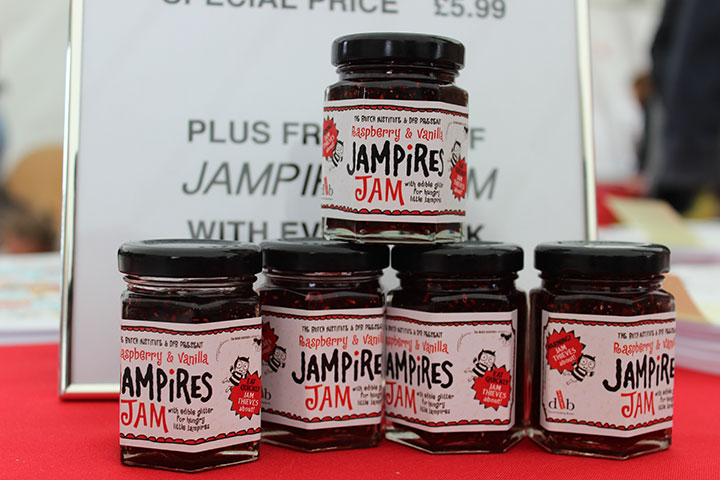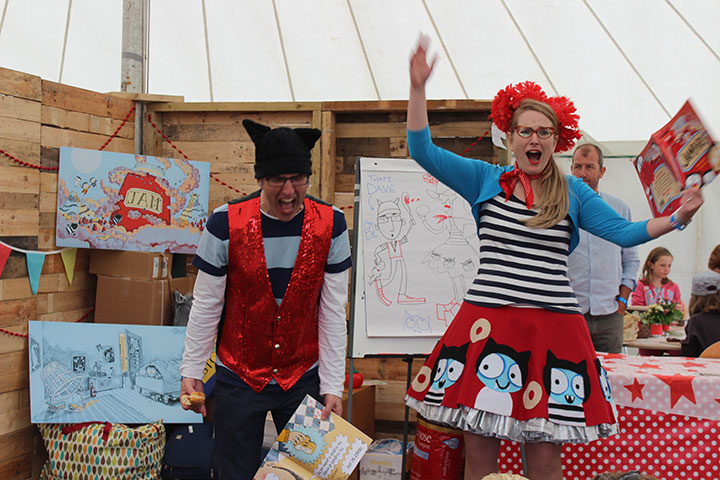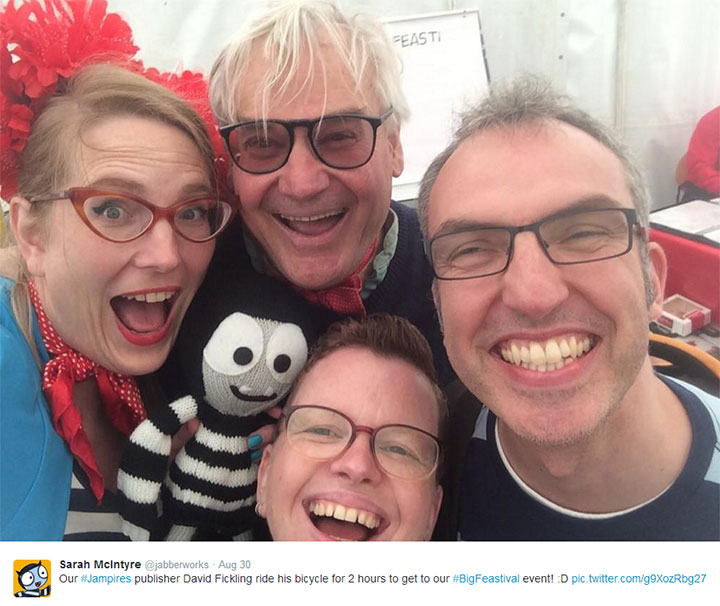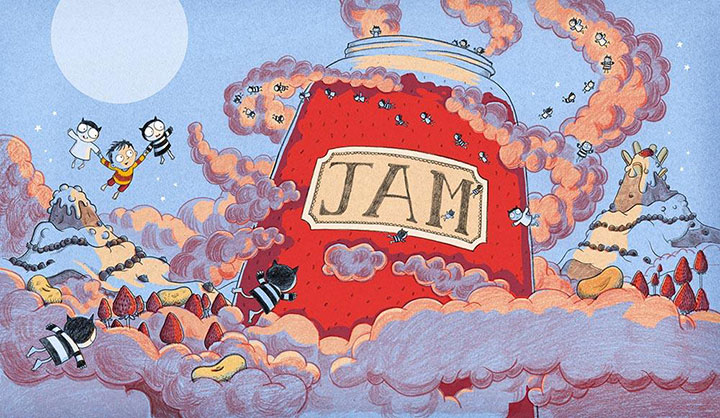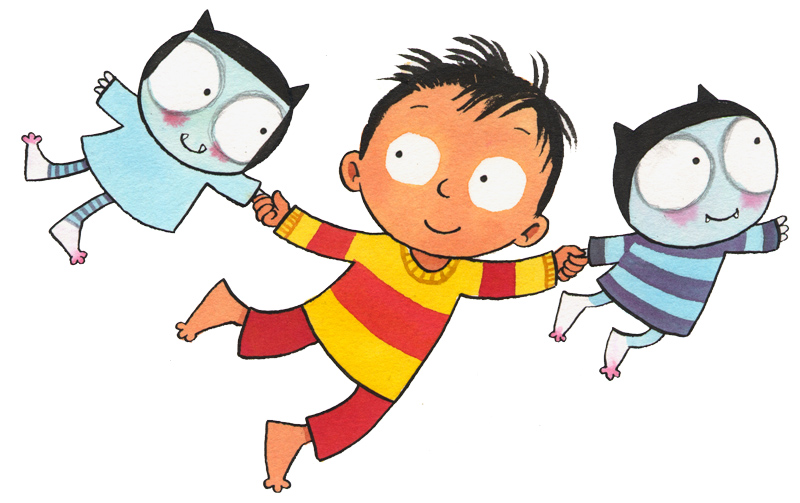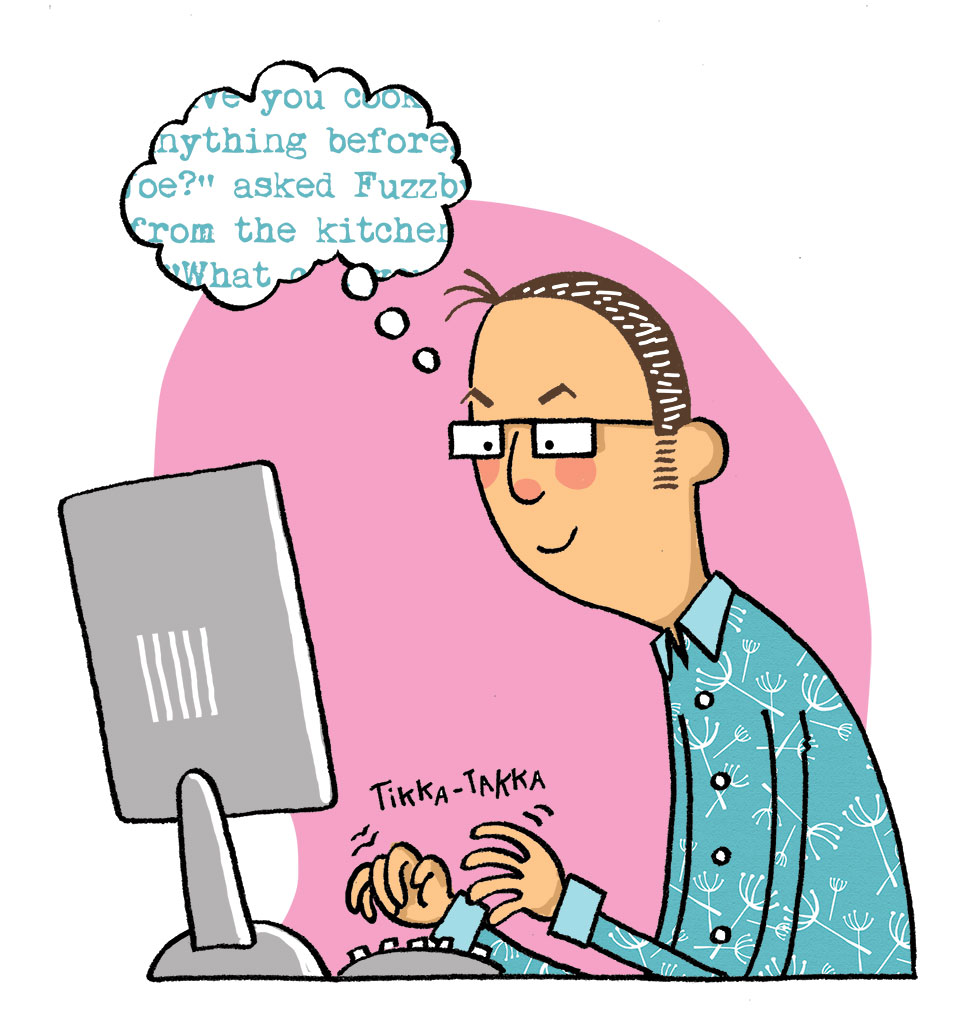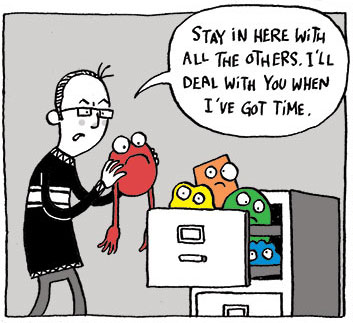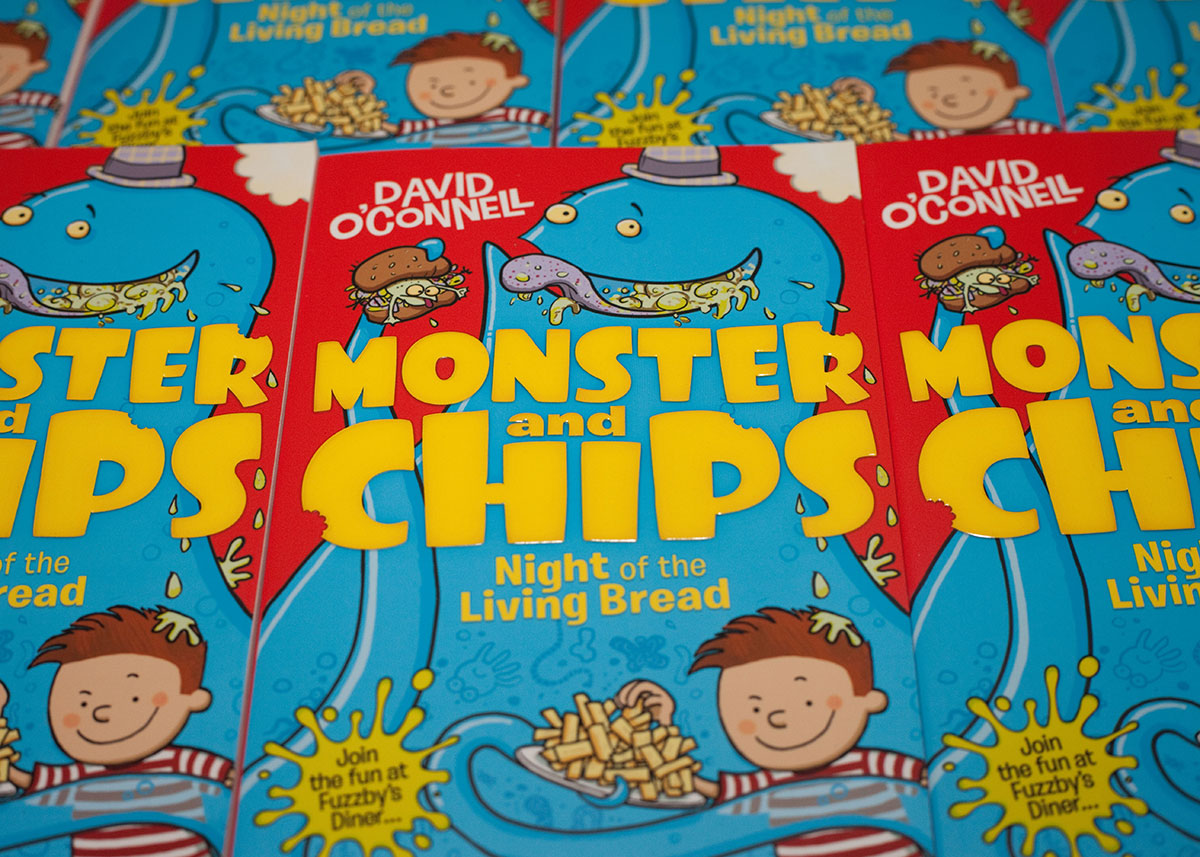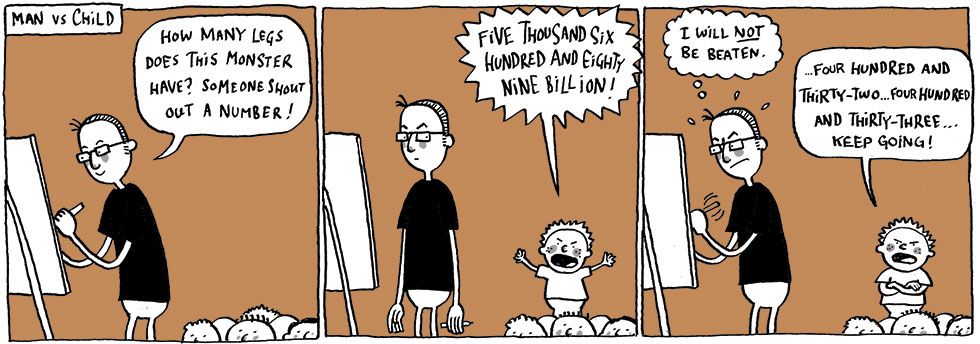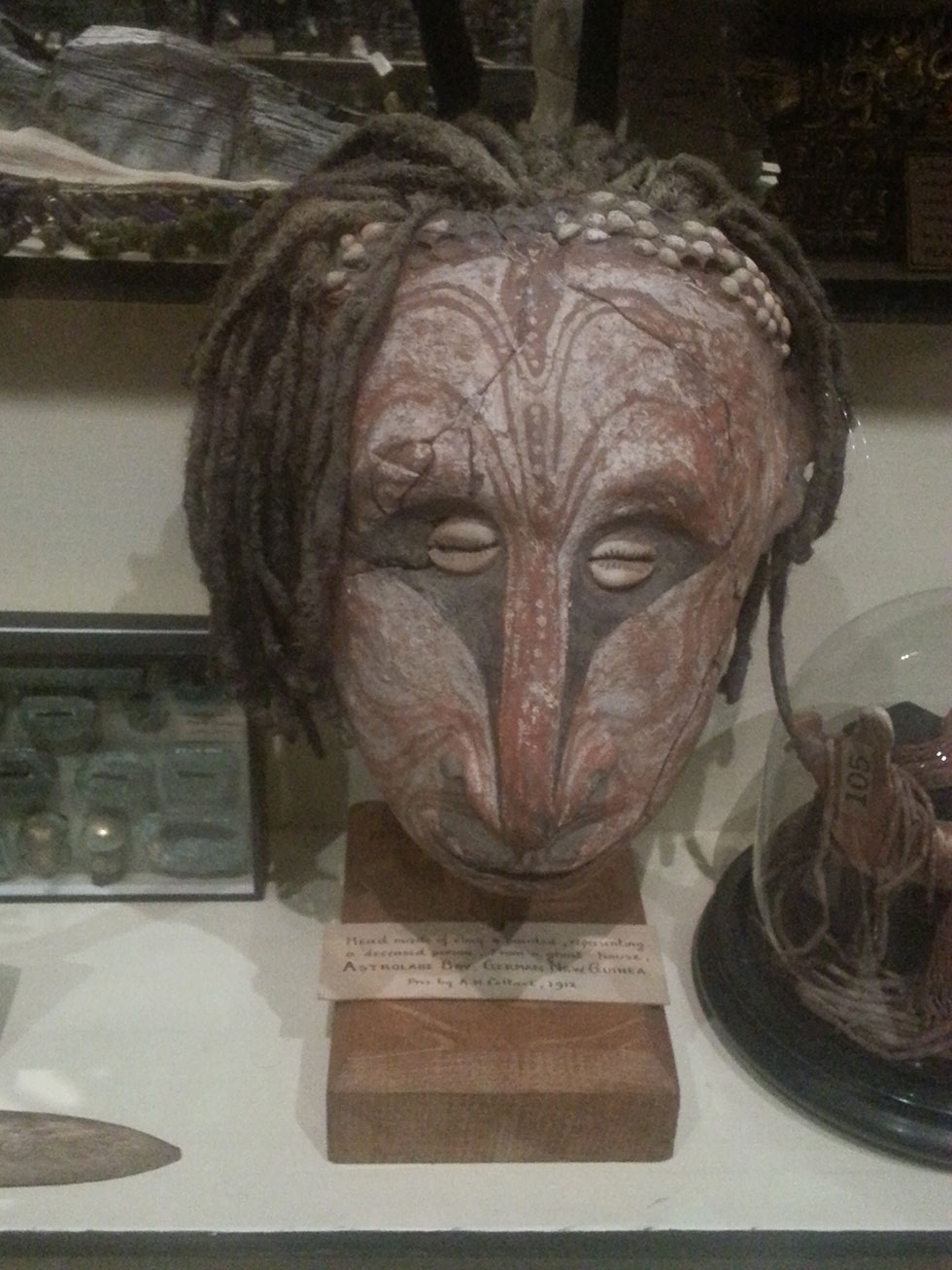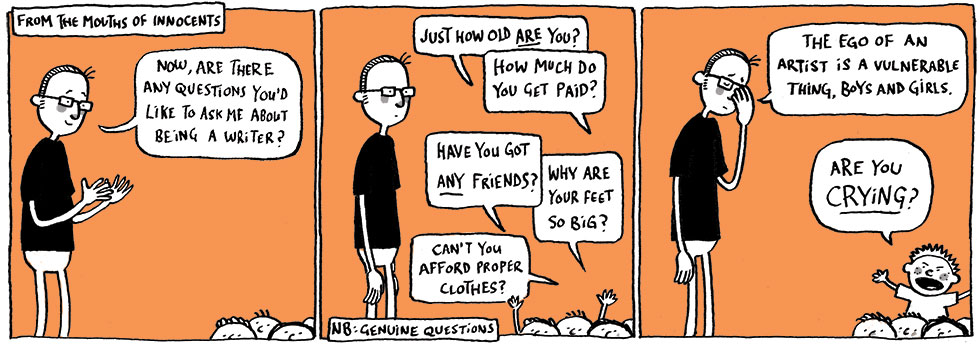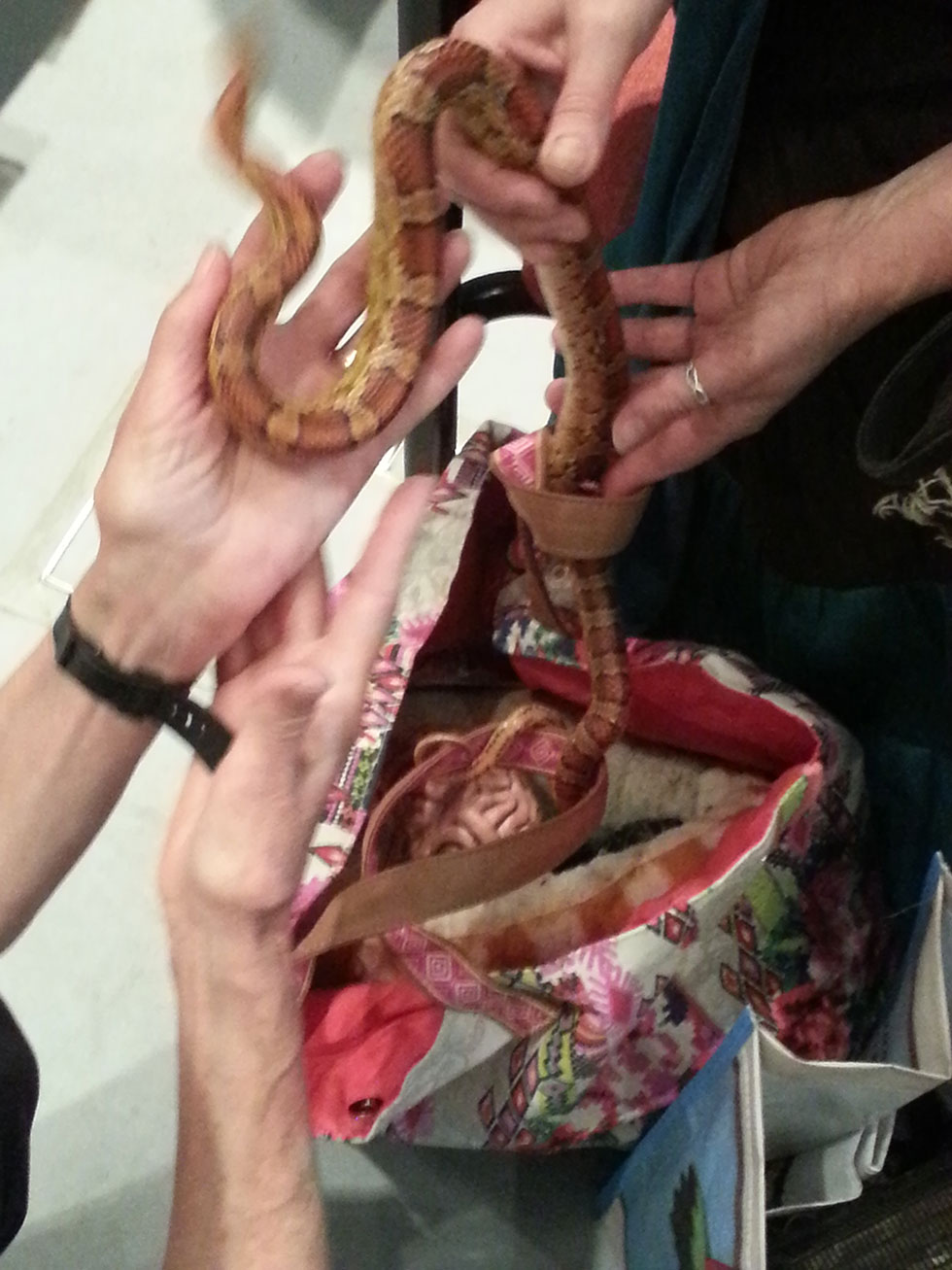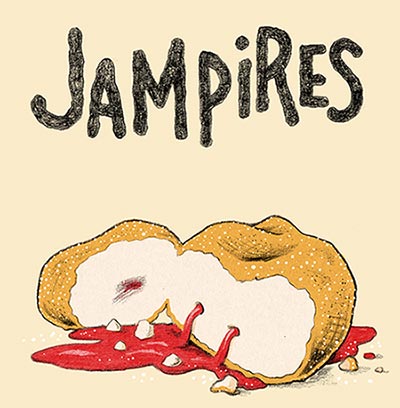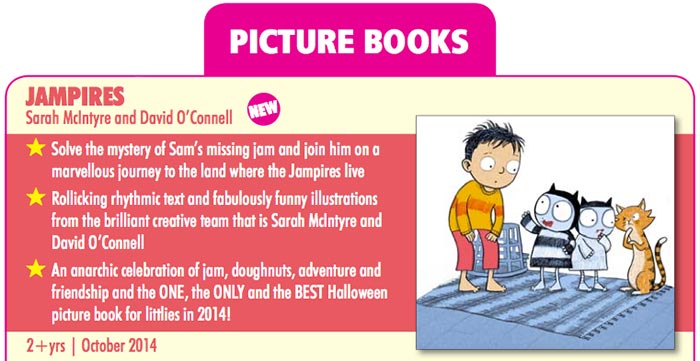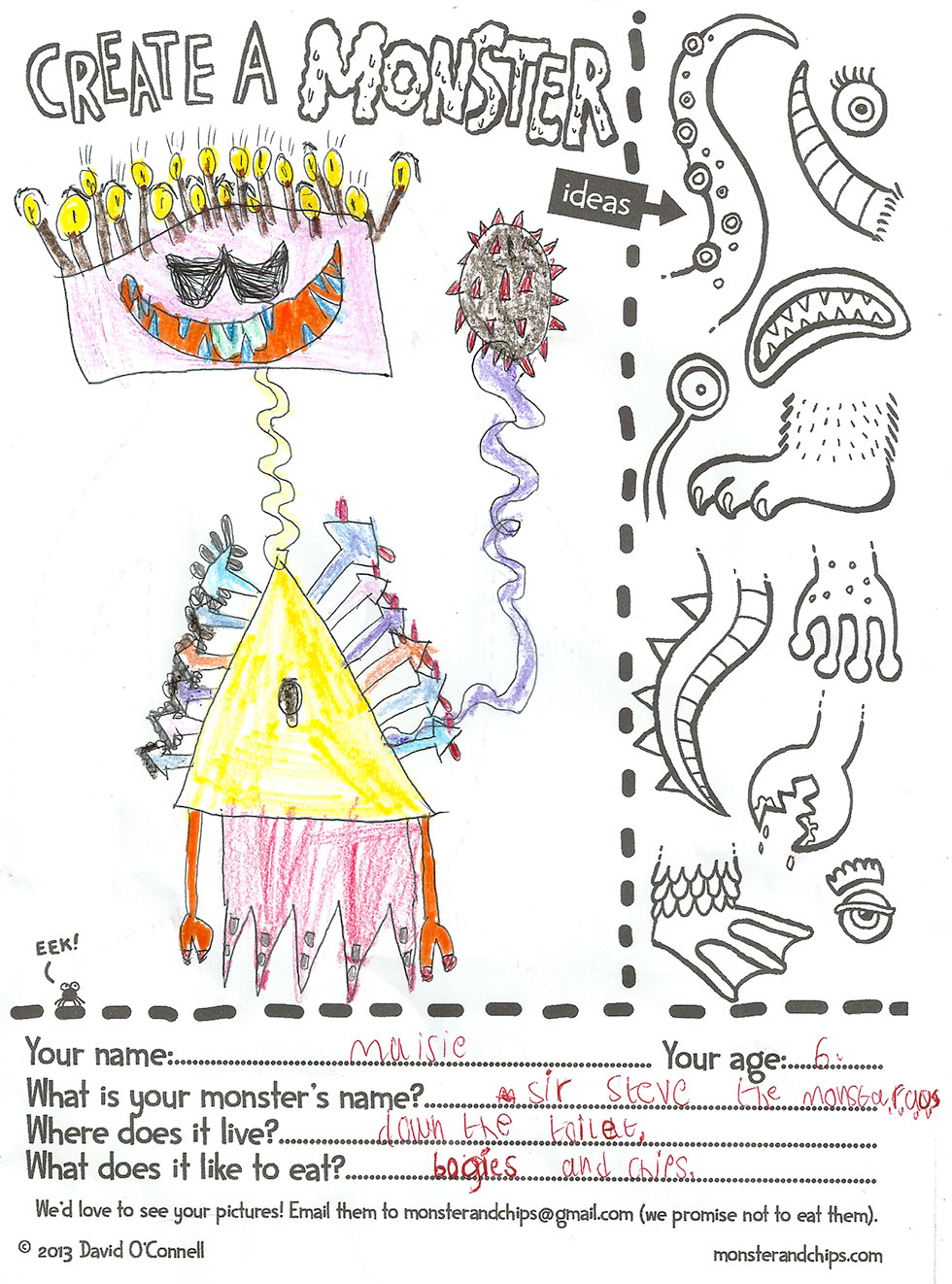I’ve been tagged by my JAMPIRES collaborator Sarah McIntyre for the Writing Process Blog Tour. It’s a like one of those chain letter things but actually useful and interesting – see Sarah’s entry here and follow the links back to see who else has taken part. We all have to answer the same four questions:
What am I working on?
I’m currently writing the second of a three-book series of picture books that will be illustrated by the super-talented Francesca Gambatesa. They’ve not been officially ‘announced’ by the publisher as far as I know so I probably shouldn’t say much, but they all have a light-hearted take on family and relationships. Like JAMPIRES, they are all rhyming texts – an extra challenge. I belong to a writers’ group and one of the authors there described writing rhyming texts as like putting a puzzle together. If you edit one word you often have to reconstruct the whole verse from scratch. It can be very tricky.
At the same time, I’m writing what I hope will be the first part of a new young fiction series, similar to my Monster & Chips books. I’ve got a lot of young fiction ideas and it’s difficult to know which idea to tackle first. As soon as I start writing one thing it doesn’t seem fresh and exciting and I get the urge to pursue one of my other ideas.
In addition to these ‘main projects’ I want to do a picture book where I’m both author and illustrator and am slowly putting a book dummy together. It’s something I’ve not done before on my own so I’m finding it a bit intimidating. Working with Sarah on JAMPIRES has been hugely helpful, as we collaborated on both the text and the images (there’ll be more on how we did this this as we approach publication day) but there’s a real art to putting a picture book together which is quite unlike writing a prose book. It’s very challenging.
I’m about to start work on illustrating a young fiction book that someone else has written so that doesn’t leave me with many gaps in the diary. I want to start work on a pre-teen novel that I’d like to have completed (or at least a first draft completed) by about this time next year. There’s nothing like an ambitious schedule…
How does my work differ from others of its genre?
It probably doesn’t very much. If you go into a bookshop there’s a veritable wall of young fiction (books for 6-10 year olds) and they do look very similar. Usually funny, sometimes gross, with LOADS of diary-style books about nerdy, hopeless kids unwittingly getting into trouble at school. The quality is variable and one of my editors was saying the other day how there’s actually a shortage of good quality books for this age group.
I like to think I spend as much time on character, plot and language as I do on jokes, but humour has always been the main aspect. With my newer ideas I want to make sure the focus is on quality story-telling over humour, rather than the other way around.
Why do I write what I do?
Funny books are my thing, and it feels like I just can’t stop myself from putting a joke in a sentence if I get the chance. I don’t know why that is – I’m certainly not any kind of comedian – but I do like the idea that my readers might be chuckling away and given a bit of an escape from whatever is going on in their lives.
I write for this age group because I think I ‘get’ how their minds work better than other ages. As a relatively new writer they are an easier age group to write for because it’s important to keep the plot straight-forward and fairly linear. There’s no description, just action and dialogue. Whilst picture books are for younger readers, they are much more complex and multi-layered in the way they are constructed. Every word is analysed. And with books for older readers there’s all the emotional stuff – characters have to be far more fully-formed. Not that any of that will stop me having a go at trying to write for them!
How does my writing process work?
I have an idea and spend a while – a LONG while – sketching out characters and developing the idea in more detail. Sometimes I use drawings to work out character and places but mostly I just make notes. I use Microsoft OneNote to store all my ideas for projects so I can access them wherever I am, through my phone or online.
For the young fiction ideas I then make a book plan with a detailed description of the events in the book, breaking it down into chapters. I use that to launch into the actual writing: it’s the framework on top of which everything is built. I occasionally send ideas to my agent just to get a second opinion/sanity check so I can avoid wasting time on ideas that just aren’t going to sell or have been done by someone else. The writing group is good for testing things out too.
It sounds like I have it all organised but it’s not the case. There’s plenty of procrastination, coffee drinking, dog-walks and general work avoidance going on too!
